The World Health Organisation (WHO) estimates that heart disease claims the lives of almost 18 million people worldwide each year.
The most vital organ in the human body is the heart. The heart never stops beating, which means that blood is constantly pumped and distributed throughout the body. All bodily organs receive oxygen from this blood in accordance with their respective needs. The body's organs won't obtain oxygen if the heart stops pumping. All the organs will perish in such a circumstance, and death will happen.
The World Health Organisation (WHO) estimates that heart disease claims the lives of almost 18 million people worldwide each year. Numerous cardiac conditions can be dangerous for us. These ultimately result in a stroke or heart attack.
The heart muscles, sometimes referred to as cardiomyocytes, sustain damage during a heart attack or bypass surgery. alternative than a transplant, there is currently no alternative therapy for this.
According to a recent study by Austrian researchers that was published in the European cardiac Journal, mild shock waves can aid in the regeneration of cardiac muscles. Until recently, it was thought that the only option available to repair injured heart muscles was to replace them. A condition of a ruptured heart may arise if they are not corrected. Seeing what the new studies will reveal will be intriguing to follow.
The World Health Organisation (WHO) estimates that around 6 crore people worldwide pass away each year. Heart disease is the cause of about 32% of these fatalities. Worldwide, this illness is the primary cause of mortality for most people. Approximately 1.75 crore individuals lose their life to heart disease each year.
According to Dr. Awadhesh Sharma, senior cardiologist at the Heart Institute of Kanpur, there is no other course of treatment for injured heart muscles except transplantation.
A heart attack is followed by a ruptured heart. To put it simply, picture it like a bus or automobile that has been in a serious accident and all of its pieces are damaged. Heart rupture is the term for such a cardiac ailment. wherein the muscles, valves, and walls of your heart get injured or separated. This illness may manifest itself during a heart attack or within a month following one. Heart rupture often happens five to ten days after a heart attack. A rupture might happen if the heart is continuously under excessive stress, which damages the heart.
The extent of the injury to the heart determines the problems that may result from a rupture. But a small amount of damage can be fatal.
Bleeding begins when the wall (septum) of the two bottom chambers of the heart bursts. It enters the lungs. In the event that fluid begins to build up in the lungs, respiratory failure or breathing difficulties may arise.
This results in a breakdown of the mitral valve's muscles, which may induce sudden cardiac failure. Heart failure ensues when there is insufficient blood flow to the heart due to blocked blood arteries.
Dr. Awadhesh Sharma claims that if the Austrian trial is successful, it will resemble a new medical revolution. Heart attacks can be averted in many cases, leading to death. About 30% of heart attacks result in cardiac rupture. An estimated 50 lakh people may be prevented from dying each year if it were possible to regrow the heart muscles.
The best part is that many different kinds of therapies currently employ the mild shockwave approach that is being discussed. In comparison to bypass surgery, it is less costly. It is used to heal damaged ligaments. This method breaks and removes kidney stones if the intensity of the shock wave is raised. The invention has been called 'Space Hair Dryer' by experts from Austria.
![submenu-img]() Khatron Ke Khiladi 14 first promo shows Karan Veer Mehra getting electrocuted, Sumona Chakravarti performing...
Khatron Ke Khiladi 14 first promo shows Karan Veer Mehra getting electrocuted, Sumona Chakravarti performing... ![submenu-img]() After Reliance Jio and Airtel, Vodafone Idea raises mobile tariff from...
After Reliance Jio and Airtel, Vodafone Idea raises mobile tariff from...![submenu-img]() ‘Sikhaane waale ko na sikhaaye’: Inzamam-ul-Haq hits back at Rohit Sharma's reverse swing jibe
‘Sikhaane waale ko na sikhaaye’: Inzamam-ul-Haq hits back at Rohit Sharma's reverse swing jibe ![submenu-img]() India's most valuable brand at Rs 238390 crore revealed, not run by Mukesh Ambani, Adani
India's most valuable brand at Rs 238390 crore revealed, not run by Mukesh Ambani, Adani![submenu-img]() This flop film reunited 2 superstars, was loosely based on Hollywood classic, rejected by SRK, Aamir; earned only...
This flop film reunited 2 superstars, was loosely based on Hollywood classic, rejected by SRK, Aamir; earned only...![submenu-img]() UPSC topper IAS Tina Dabi is handling two crucial responsibilities, know details here
UPSC topper IAS Tina Dabi is handling two crucial responsibilities, know details here![submenu-img]() Meet Indian, world's youngest female Chartered Accountant who secured AIR 1, her score was...
Meet Indian, world's youngest female Chartered Accountant who secured AIR 1, her score was...![submenu-img]() Meet man, who cracked UPSC exam to become IAS officer, later resigned due to...
Meet man, who cracked UPSC exam to become IAS officer, later resigned due to...![submenu-img]() The Meaning of Distance Learning Courses
The Meaning of Distance Learning Courses![submenu-img]() Meet Indian genius who built first car factory in India, he is called 'Father of...'
Meet Indian genius who built first car factory in India, he is called 'Father of...'![submenu-img]() DNA Verified: Did Kangana Ranaut party with gangster Abu Salem? Actress reveals who's with her in viral photo
DNA Verified: Did Kangana Ranaut party with gangster Abu Salem? Actress reveals who's with her in viral photo![submenu-img]() DNA Verified: New Delhi Railway Station to be closed for 4 years? Know the truth here
DNA Verified: New Delhi Railway Station to be closed for 4 years? Know the truth here![submenu-img]() DNA Verified: Did RSS chief Mohan Bhagwat praise Congress during Lok Sabha Elections 2024? Know the truth here
DNA Verified: Did RSS chief Mohan Bhagwat praise Congress during Lok Sabha Elections 2024? Know the truth here![submenu-img]() DNA Verified: Is CAA an anti-Muslim law? Centre terms news report as 'misleading'
DNA Verified: Is CAA an anti-Muslim law? Centre terms news report as 'misleading'![submenu-img]() DNA Verified: Lok Sabha Elections 2024 to be held on April 19? Know truth behind viral message
DNA Verified: Lok Sabha Elections 2024 to be held on April 19? Know truth behind viral message![submenu-img]() Alia Bhatt mesmerises in gown, Ranbir Kapoor looks classy in tuxedo in latest romantic photos, fans say 'couple goals'
Alia Bhatt mesmerises in gown, Ranbir Kapoor looks classy in tuxedo in latest romantic photos, fans say 'couple goals'![submenu-img]() Newlyweds Sonakshi Sinha-Zaheer Iqbal pose candidly with paps; Anil Kapoor, Kajol, Huma Qureshi attend wedding reception
Newlyweds Sonakshi Sinha-Zaheer Iqbal pose candidly with paps; Anil Kapoor, Kajol, Huma Qureshi attend wedding reception![submenu-img]() Meet Lovekesh Kataria: Elvish Yadav's close friend, Bigg Boss OTT 3 contestant who lied to father, spent his fees on...
Meet Lovekesh Kataria: Elvish Yadav's close friend, Bigg Boss OTT 3 contestant who lied to father, spent his fees on...![submenu-img]() From Highway to Chandu Champion: 5 underrated gems from Sajid Nadiadwala
From Highway to Chandu Champion: 5 underrated gems from Sajid Nadiadwala![submenu-img]() In pics: Bigg Boss OTT 3 house with dragons, two-sided walls is all about fantasy coming alive
In pics: Bigg Boss OTT 3 house with dragons, two-sided walls is all about fantasy coming alive![submenu-img]() Lok Sabha Speaker's Election: What does the Constitution say?
Lok Sabha Speaker's Election: What does the Constitution say?![submenu-img]() Explained: Why is Kerala demanding to change its name to Keralam?
Explained: Why is Kerala demanding to change its name to Keralam?![submenu-img]() DNA Explainer: What is Kafala system that is prevalent in gulf countries? Why is it considered extremely brutal?
DNA Explainer: What is Kafala system that is prevalent in gulf countries? Why is it considered extremely brutal? ![submenu-img]() Lok Sabha Elections 2024: What are exit polls? When and how are they conducted?
Lok Sabha Elections 2024: What are exit polls? When and how are they conducted?![submenu-img]() DNA Explainer: Why was Iranian president Ebrahim Raisi seen as possible successor to Ayatollah Khamenei?
DNA Explainer: Why was Iranian president Ebrahim Raisi seen as possible successor to Ayatollah Khamenei?![submenu-img]() Khatron Ke Khiladi 14 first promo shows Karan Veer Mehra getting electrocuted, Sumona Chakravarti performing...
Khatron Ke Khiladi 14 first promo shows Karan Veer Mehra getting electrocuted, Sumona Chakravarti performing... ![submenu-img]() This flop film reunited 2 superstars, was loosely based on Hollywood classic, rejected by SRK, Aamir; earned only...
This flop film reunited 2 superstars, was loosely based on Hollywood classic, rejected by SRK, Aamir; earned only...![submenu-img]() Vicky Kaushal breaks his silence on pregnancy rumours of Katrina Kaif: 'Jab uska time...'
Vicky Kaushal breaks his silence on pregnancy rumours of Katrina Kaif: 'Jab uska time...'![submenu-img]() Bad Newz trailer: Vicky Kaushal fights for Tripti Dimri, protects Katrina Kaif from Ammy Virk, fans say 'yeh toh...'
Bad Newz trailer: Vicky Kaushal fights for Tripti Dimri, protects Katrina Kaif from Ammy Virk, fans say 'yeh toh...'![submenu-img]() India's most unsuccessful director has 26 flops, no hit since 1998, was once called great, now works with porn stars
India's most unsuccessful director has 26 flops, no hit since 1998, was once called great, now works with porn stars![submenu-img]() This Muslim country's currency is weakest in world, one can become millionaire with just Rs 2000, Rs 1 equal to...
This Muslim country's currency is weakest in world, one can become millionaire with just Rs 2000, Rs 1 equal to...![submenu-img]() Watch viral video: Indian mom dries clothes on balcony of Dubai's Atlantis, The Palm; hotel reacts
Watch viral video: Indian mom dries clothes on balcony of Dubai's Atlantis, The Palm; hotel reacts![submenu-img]() 'Men, women are equal but...': Sudha Murty's unique take on gender equality goes viral
'Men, women are equal but...': Sudha Murty's unique take on gender equality goes viral![submenu-img]() Mukesh Ambani, Nita Ambani's son Anant Ambani's wedding card adorned in gold, silver goes viral, it costs...
Mukesh Ambani, Nita Ambani's son Anant Ambani's wedding card adorned in gold, silver goes viral, it costs... ![submenu-img]() Viral video: Good samaritans rescue stranded turtle on remote beach, internet hearts it
Viral video: Good samaritans rescue stranded turtle on remote beach, internet hearts it
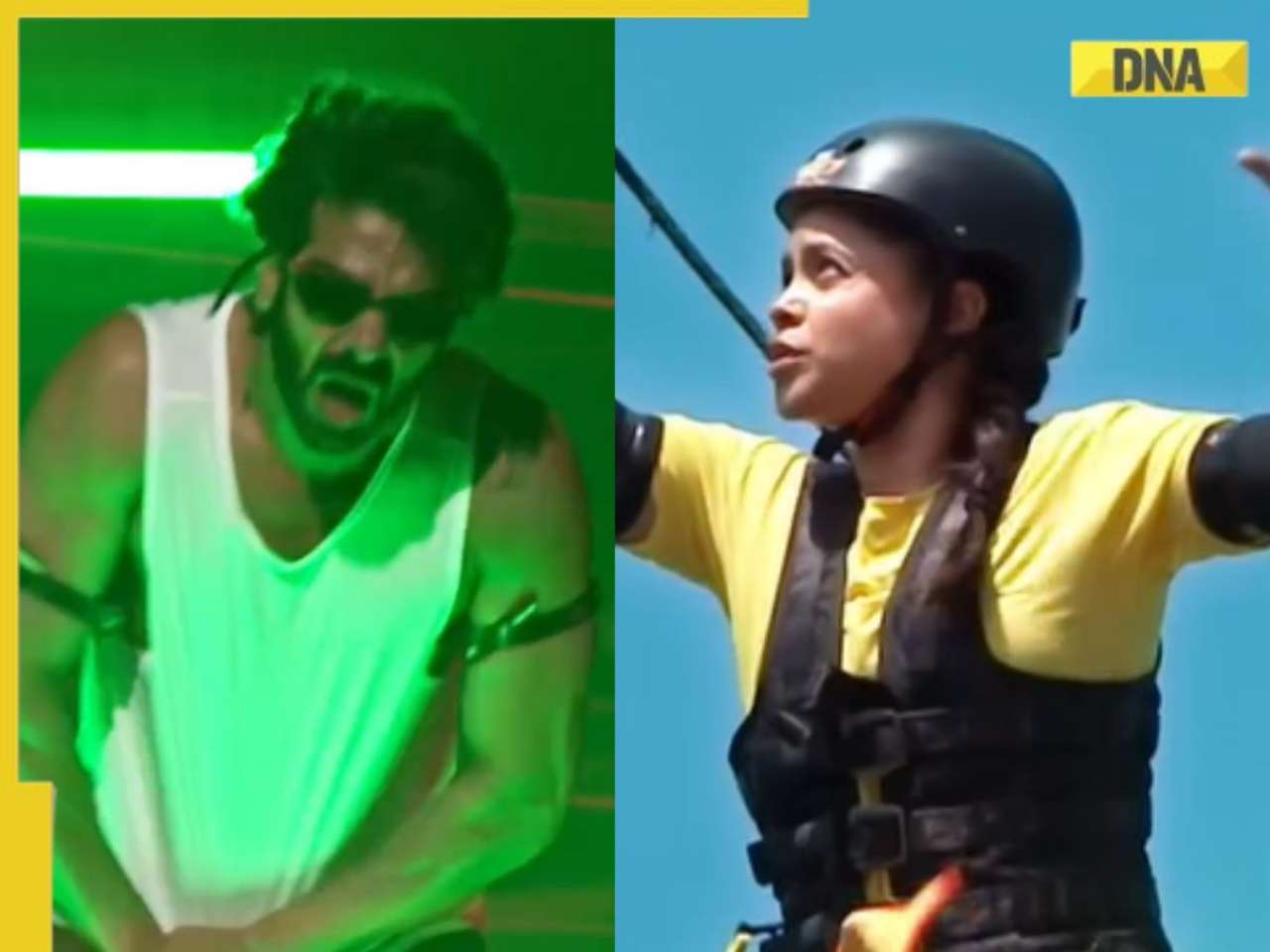
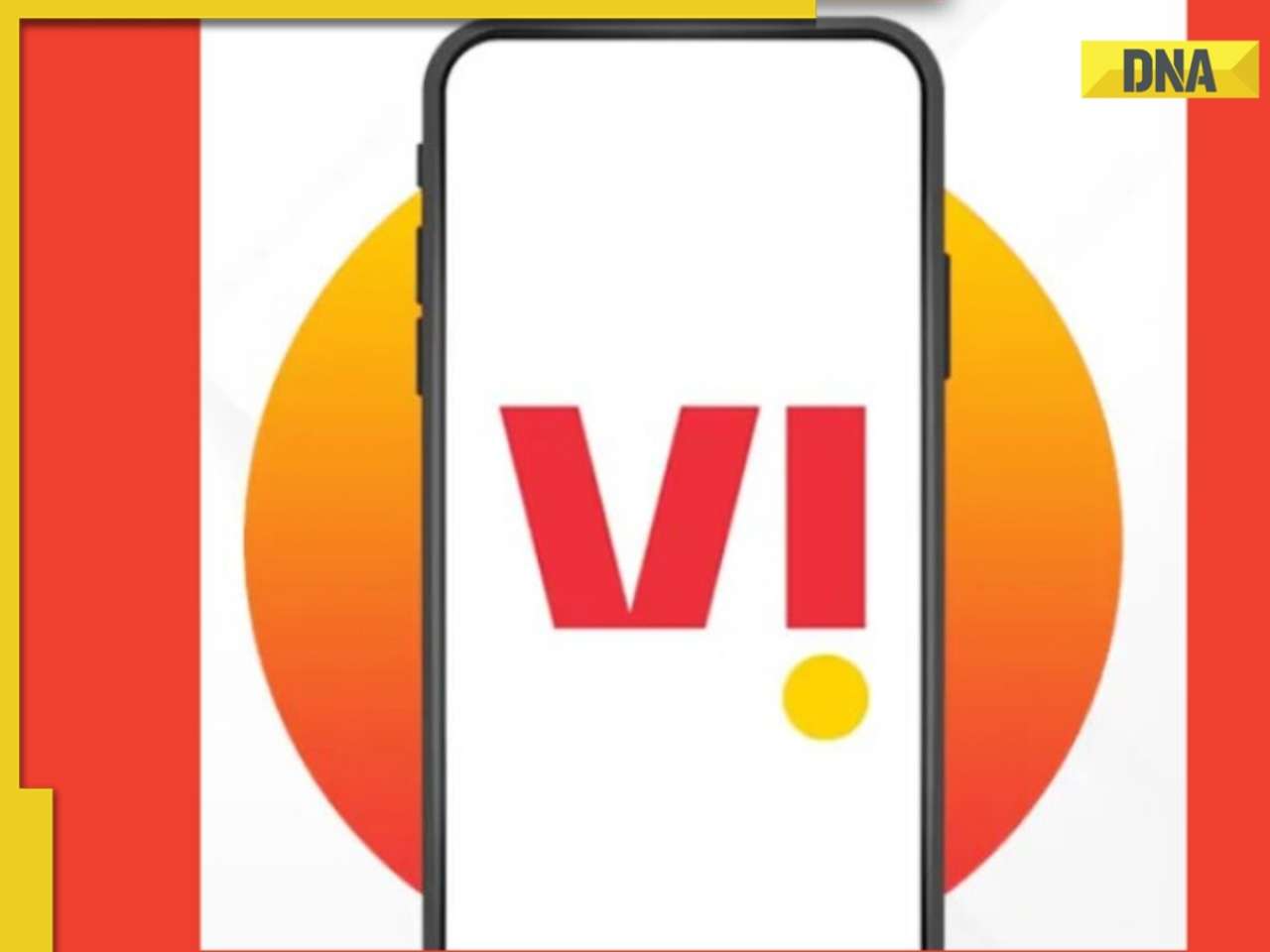
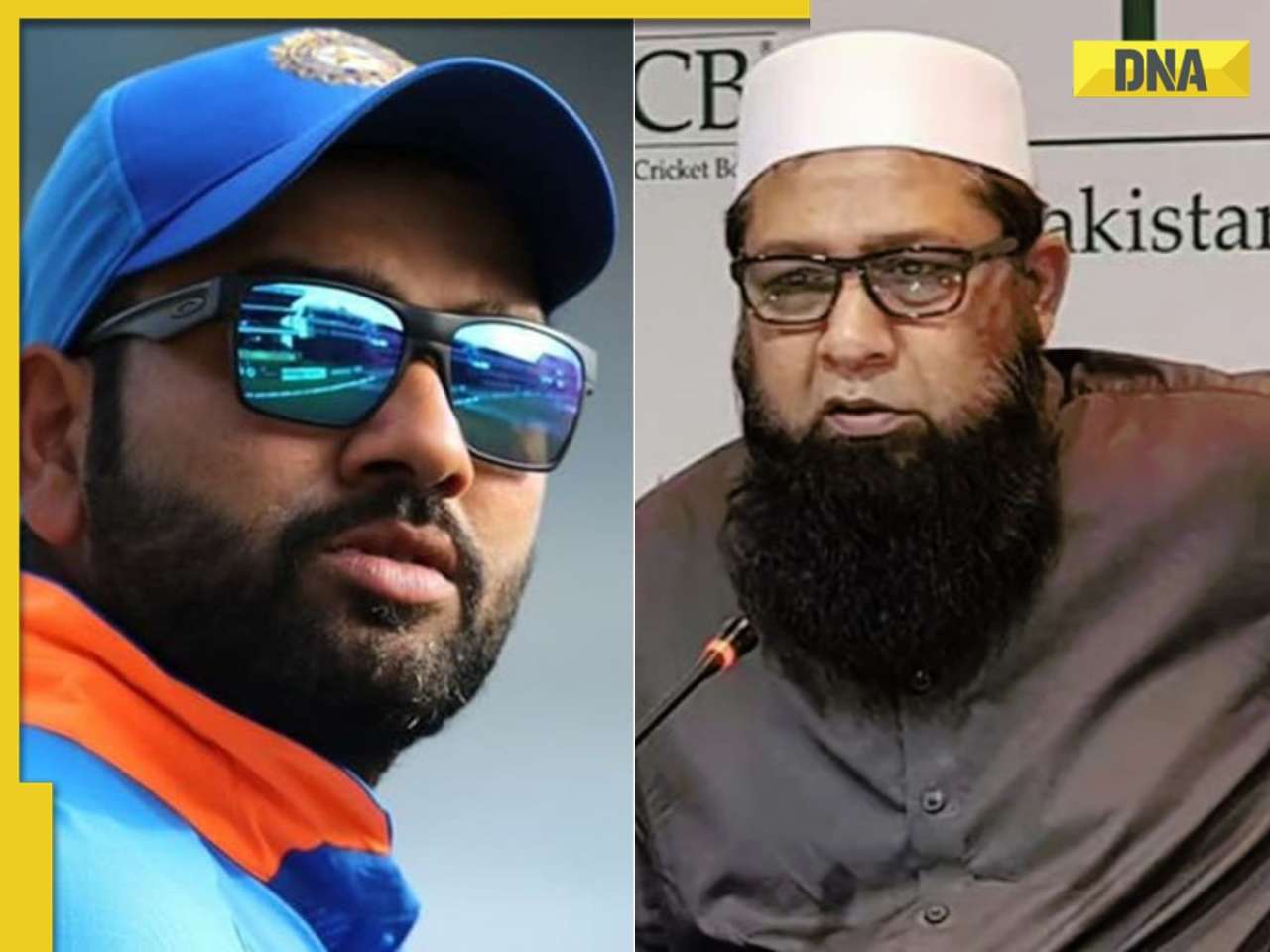
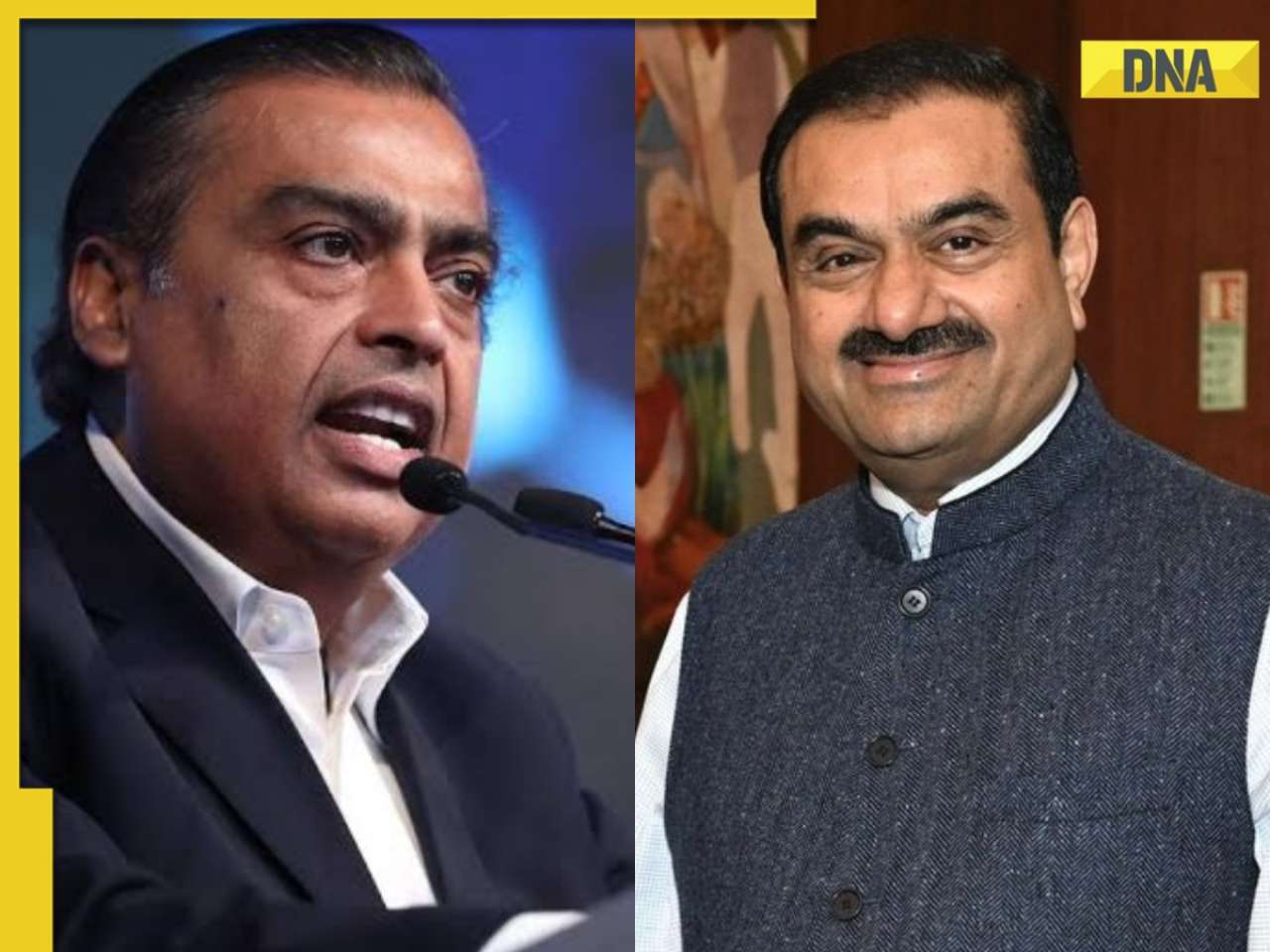
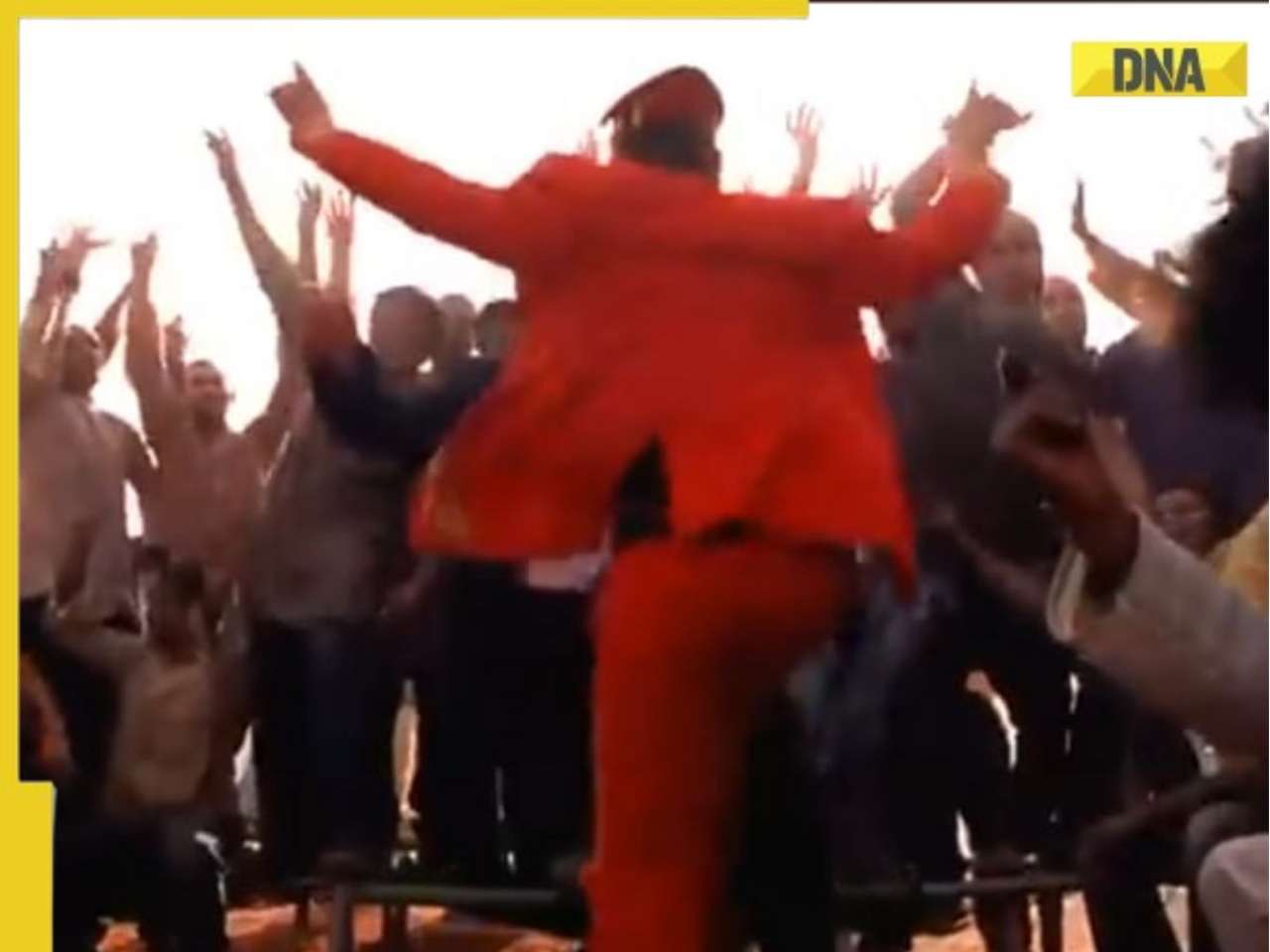





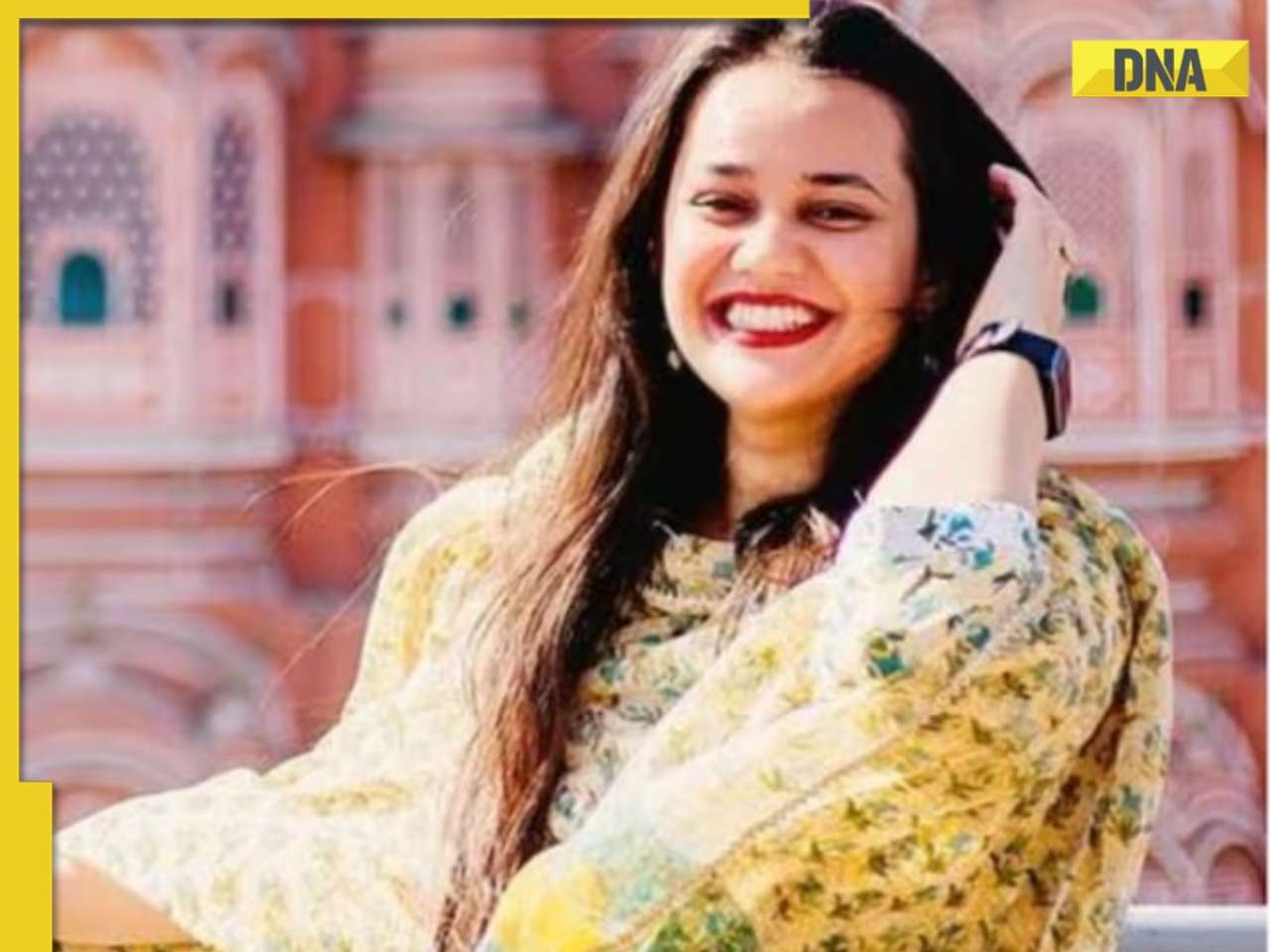

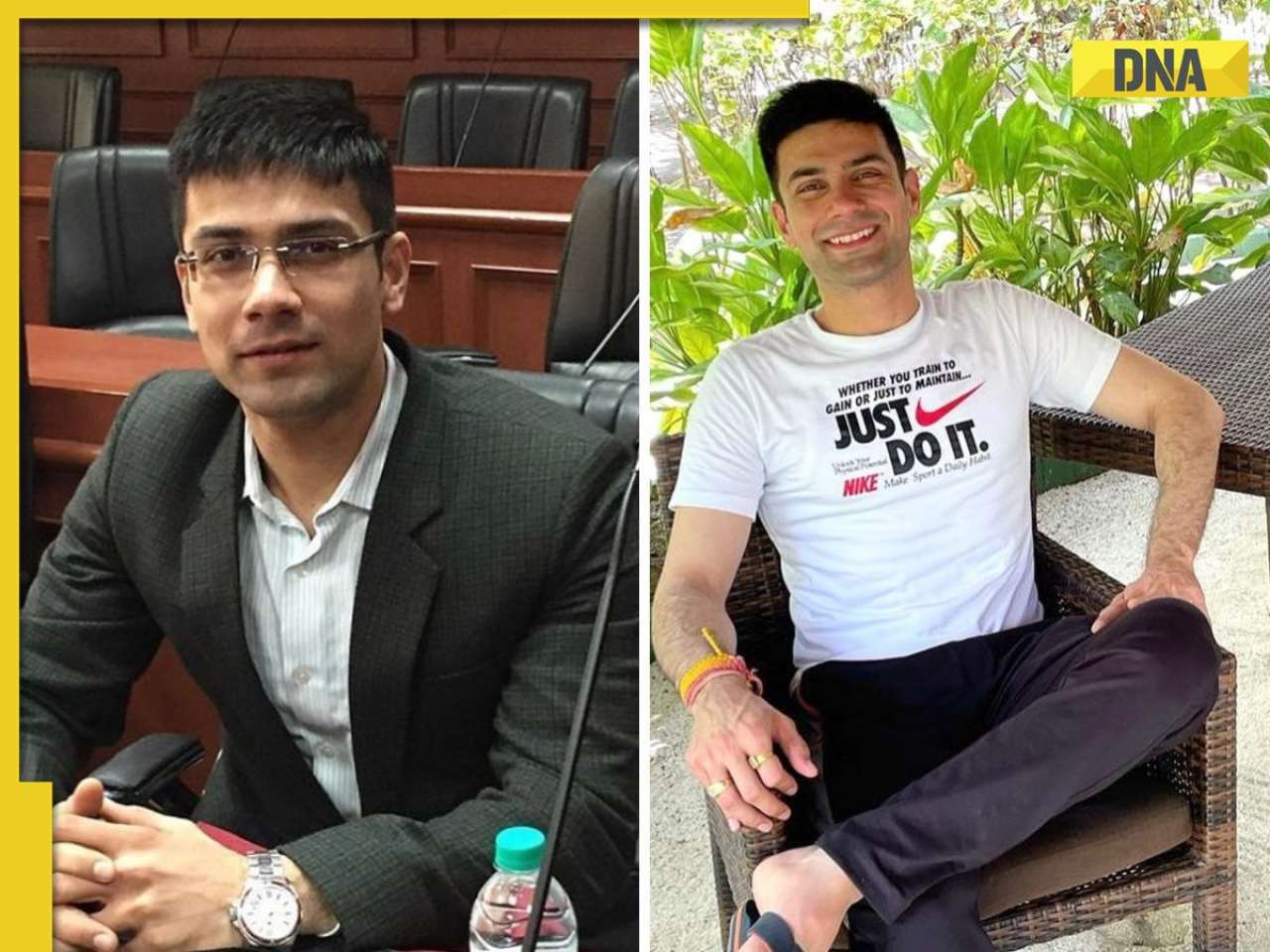
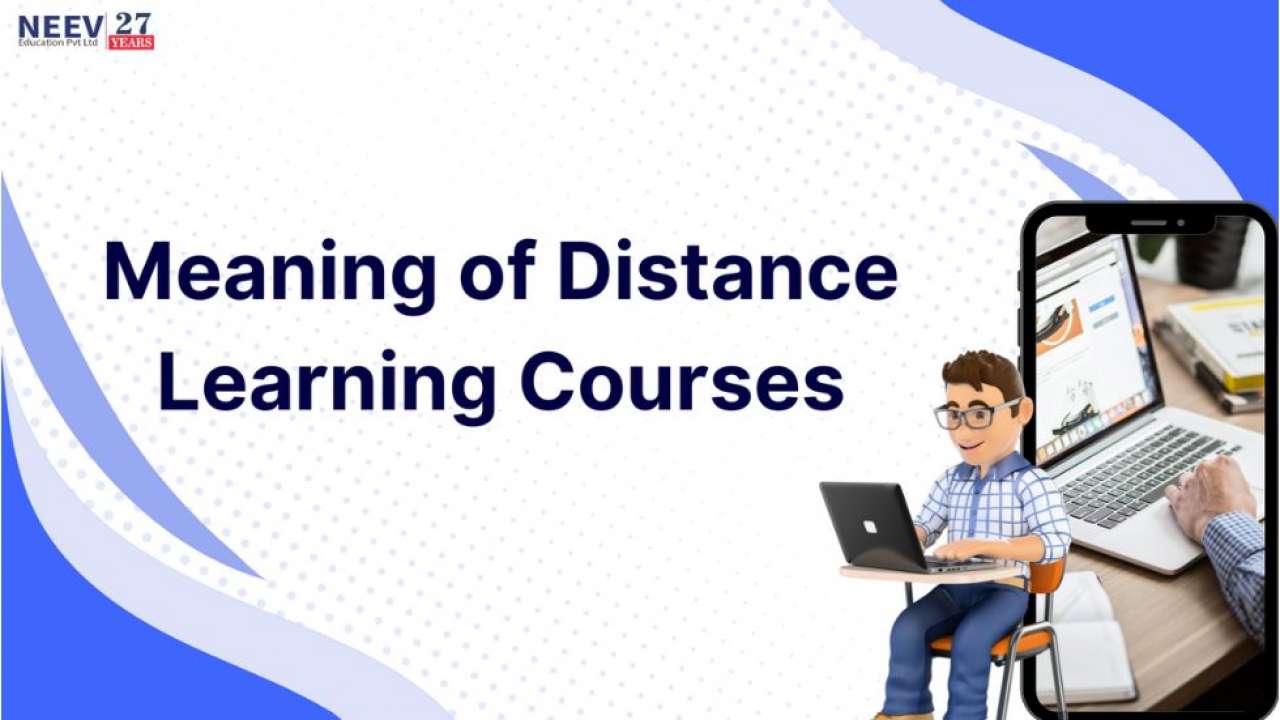
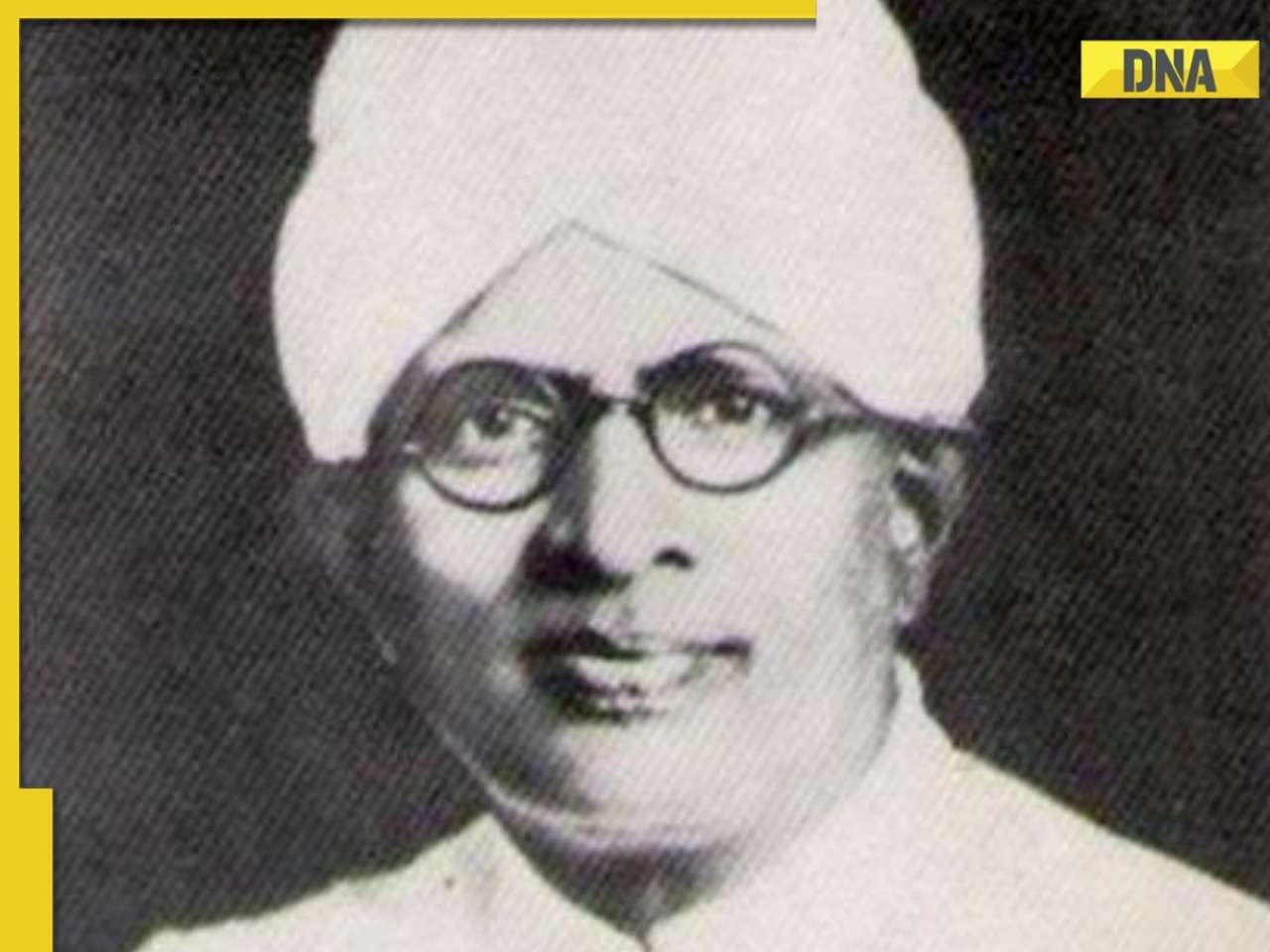





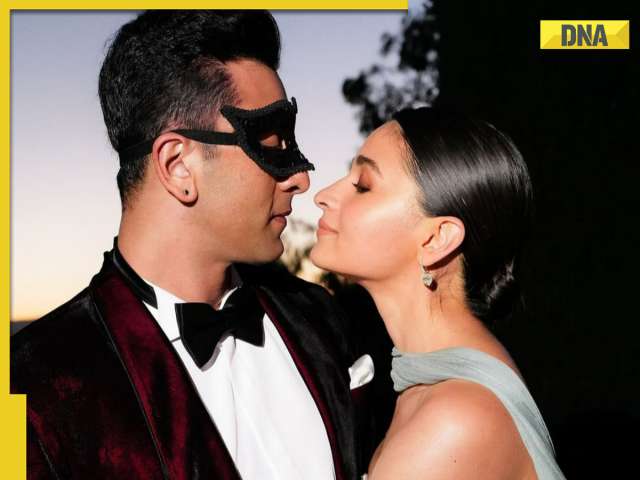

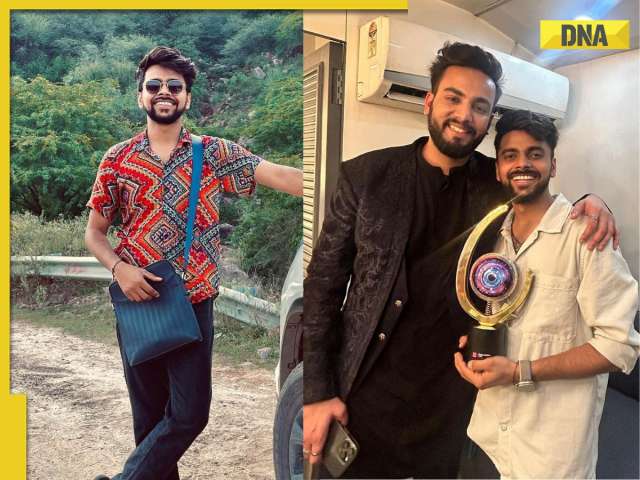
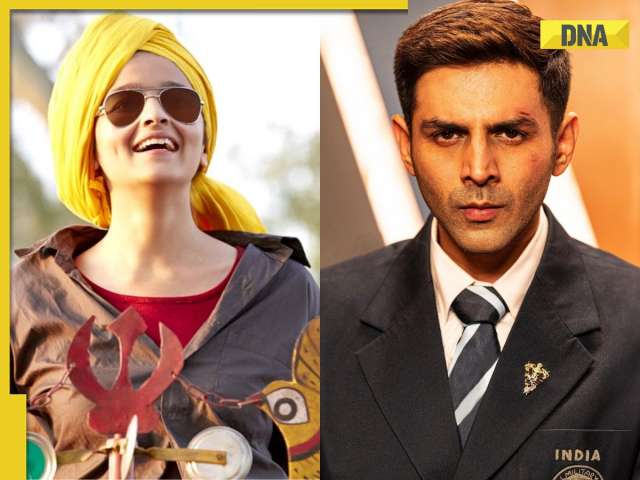

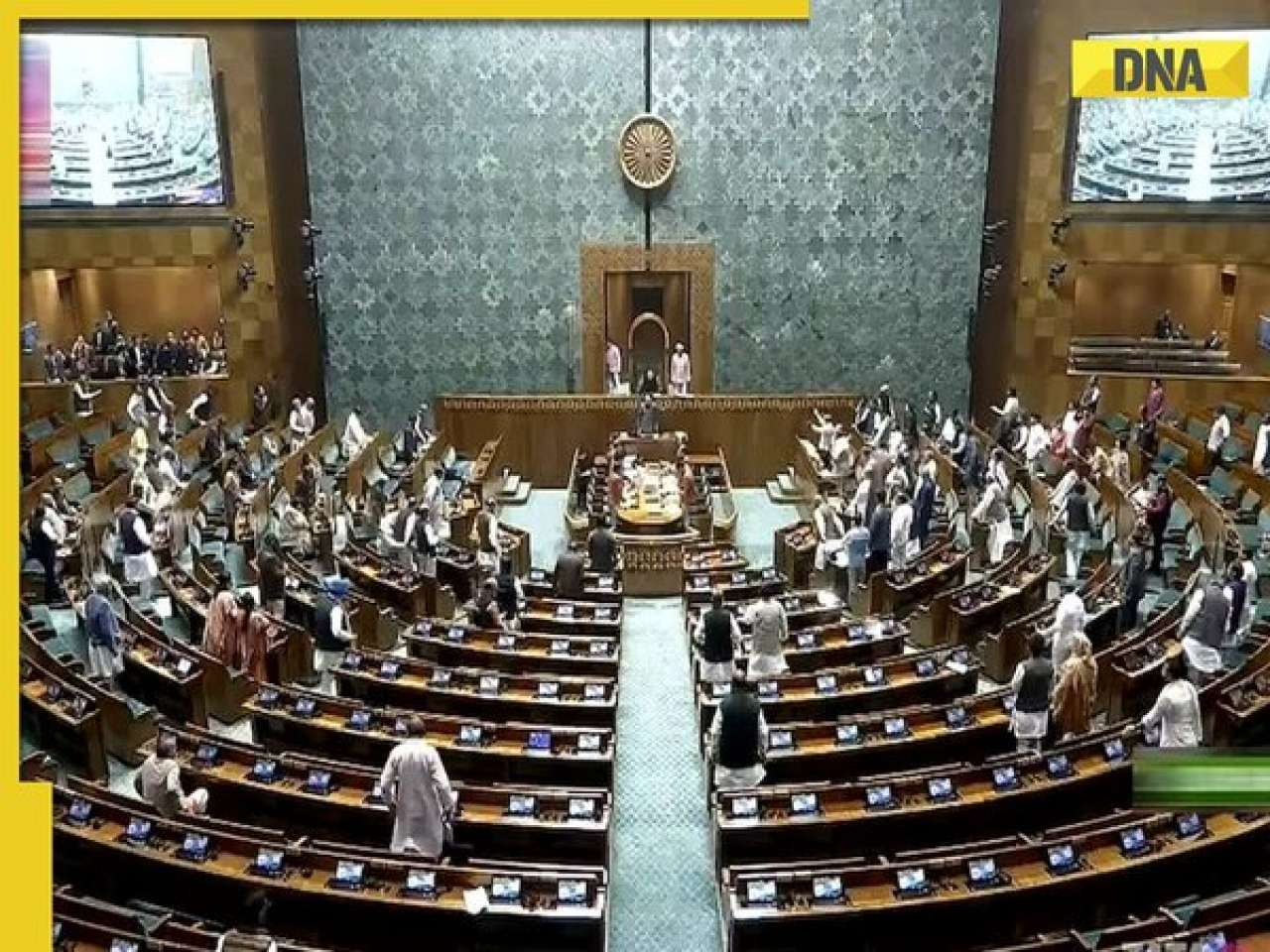
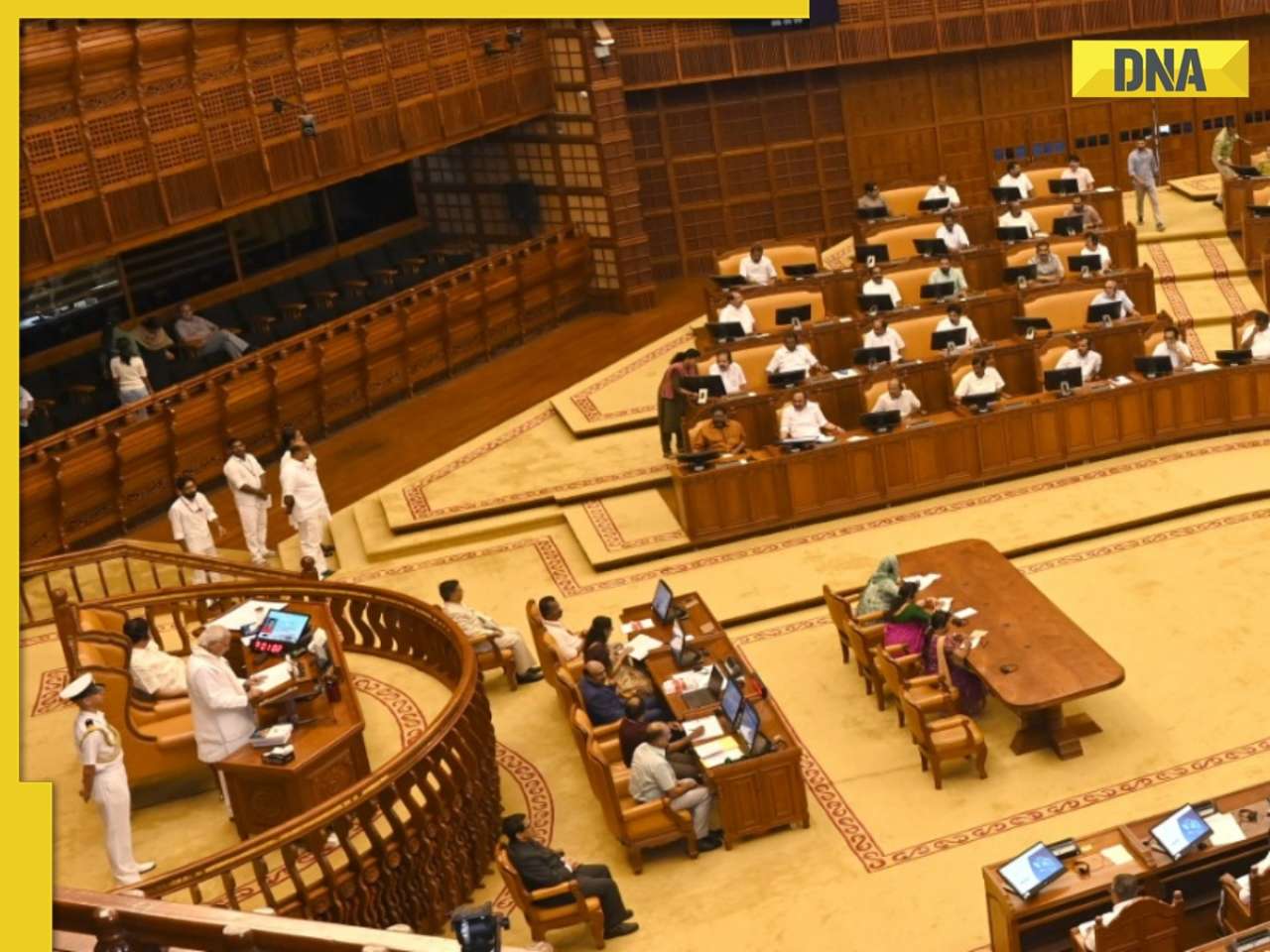




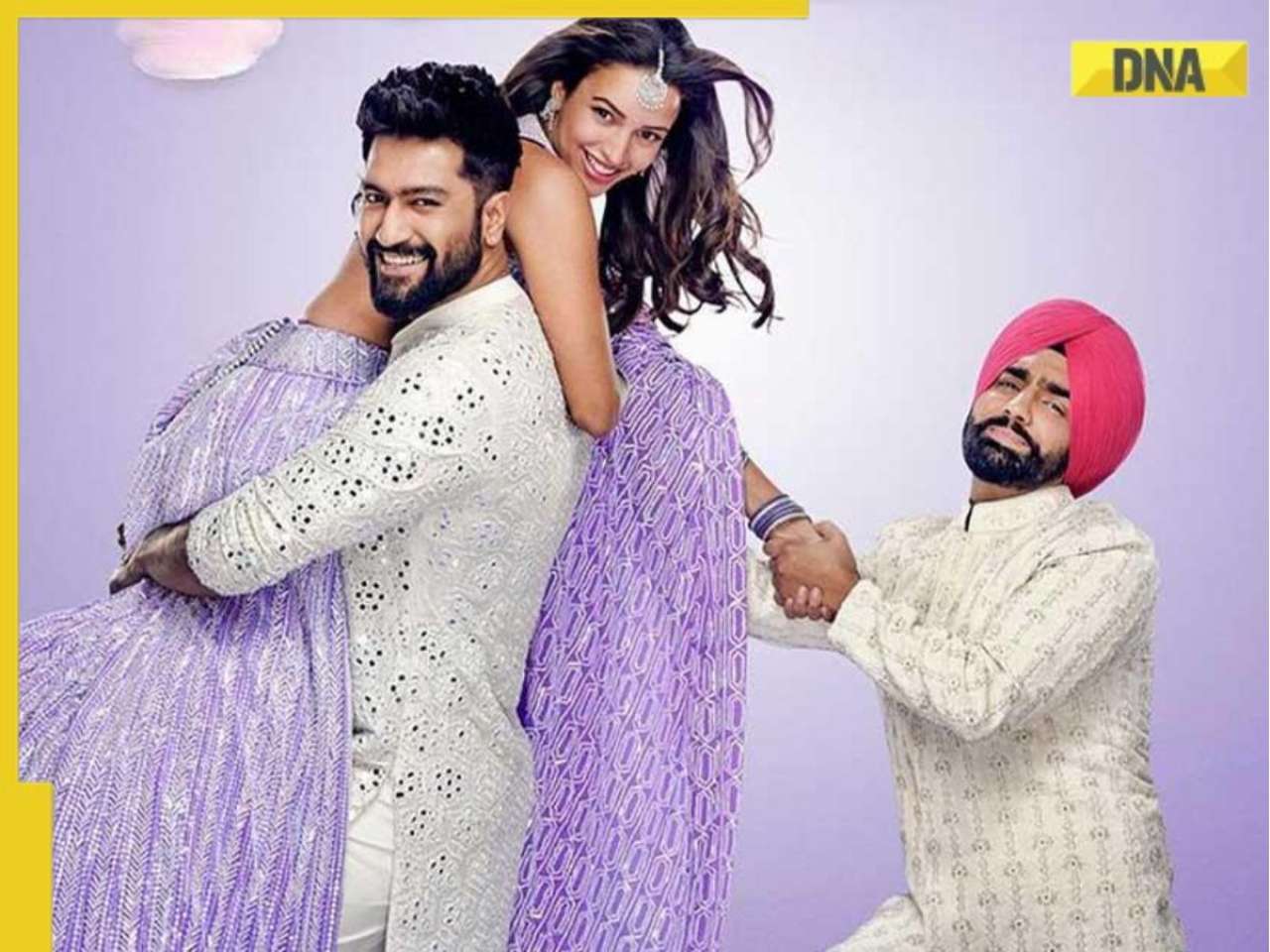
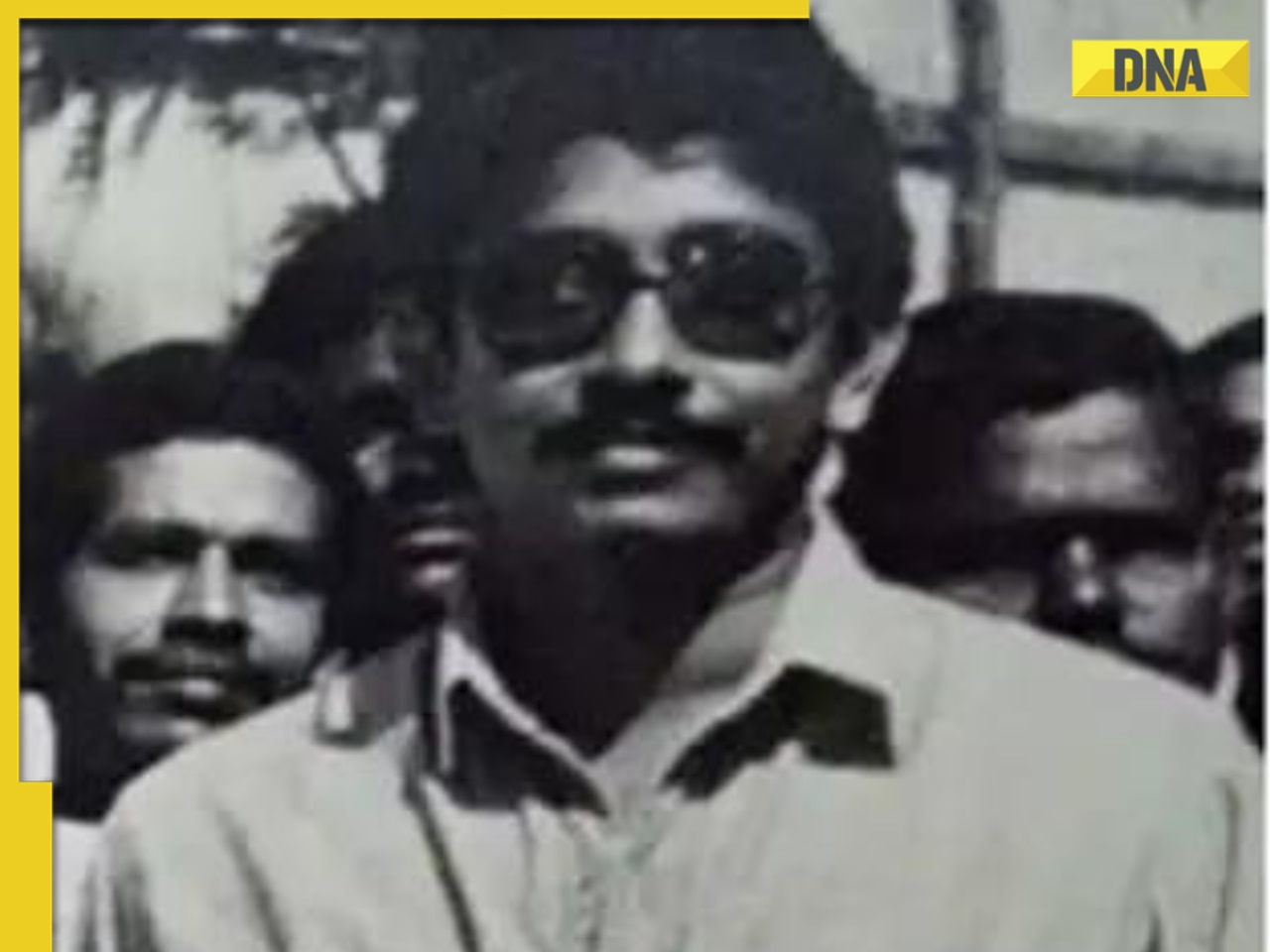
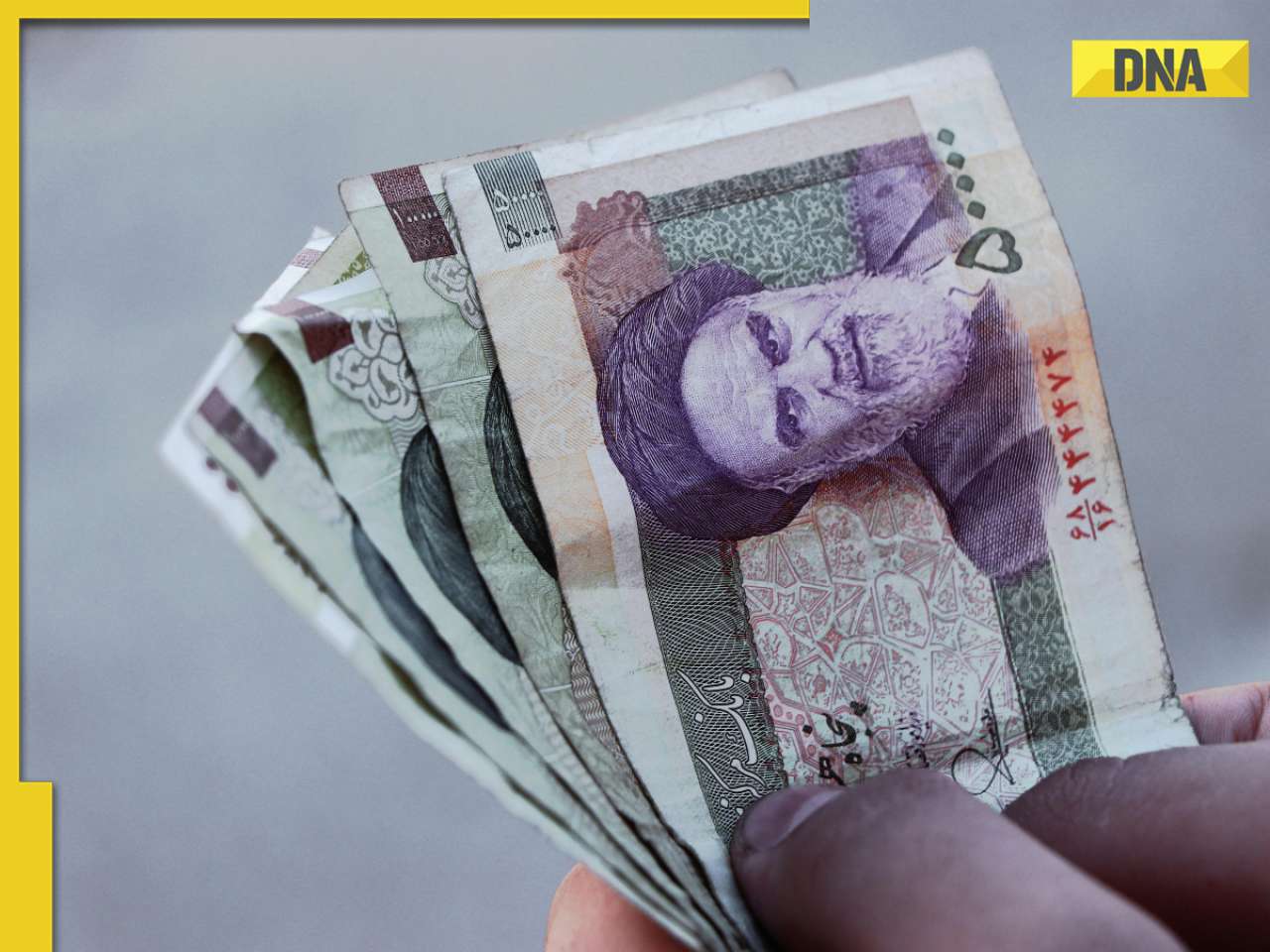
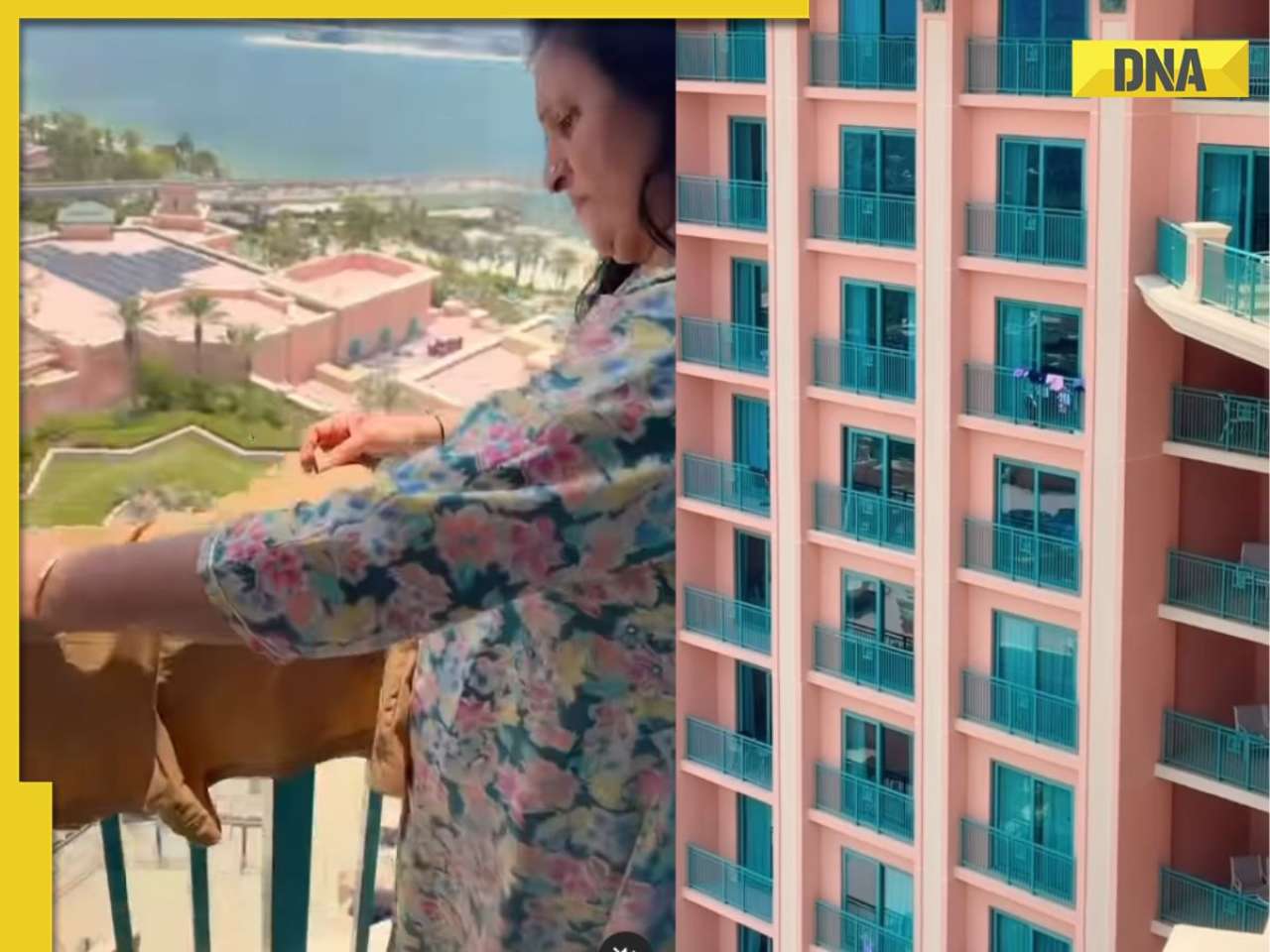
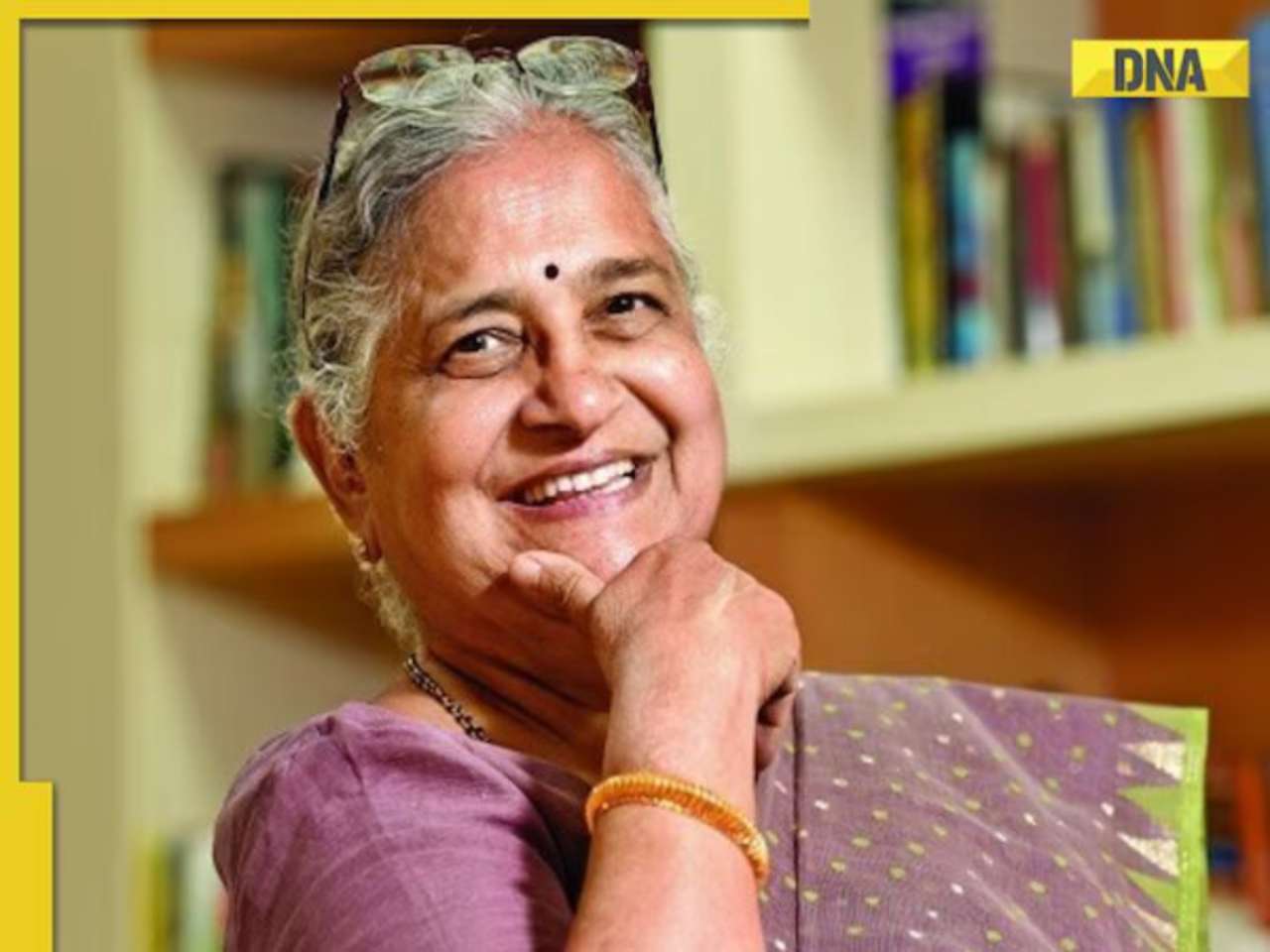
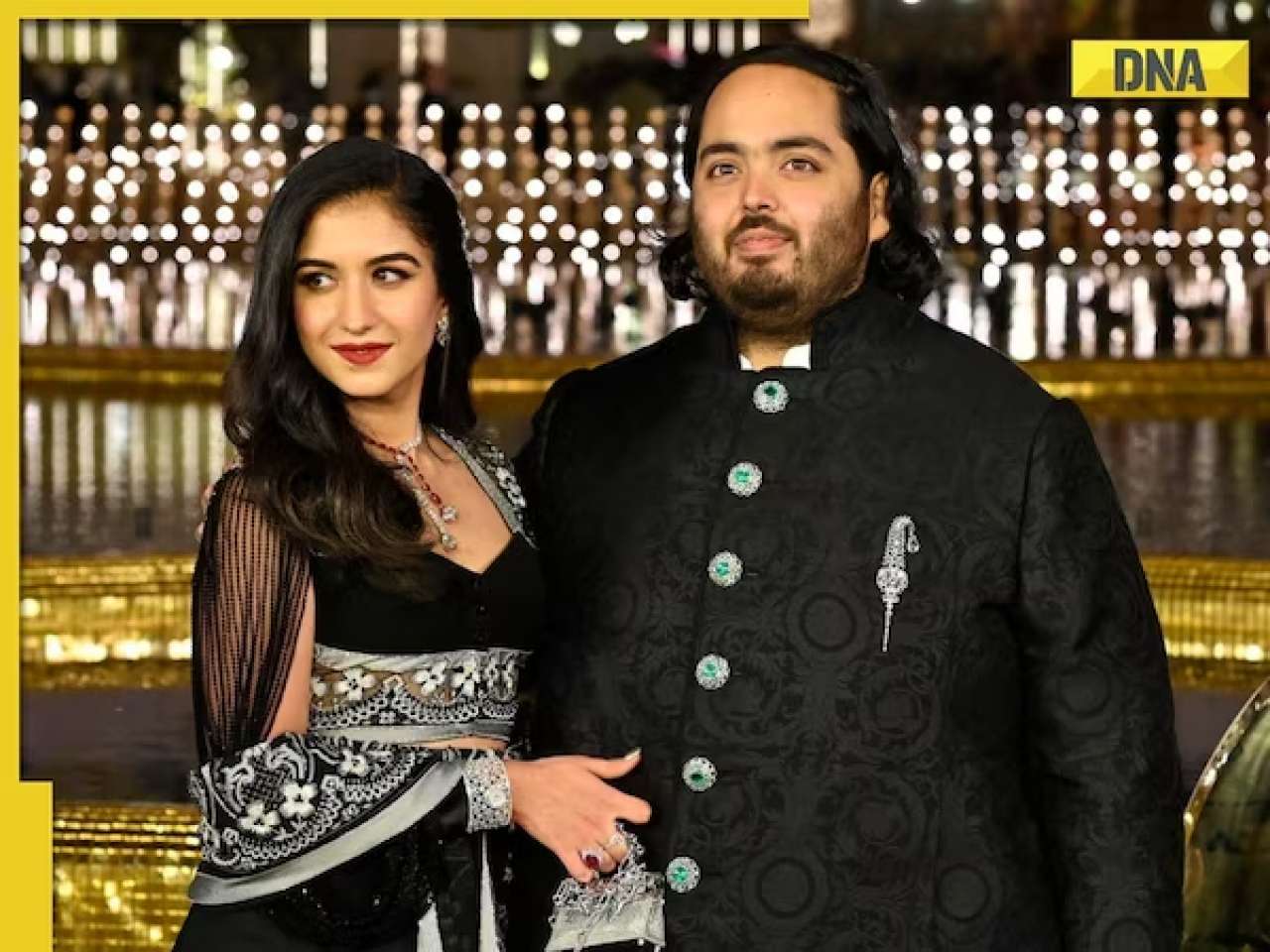
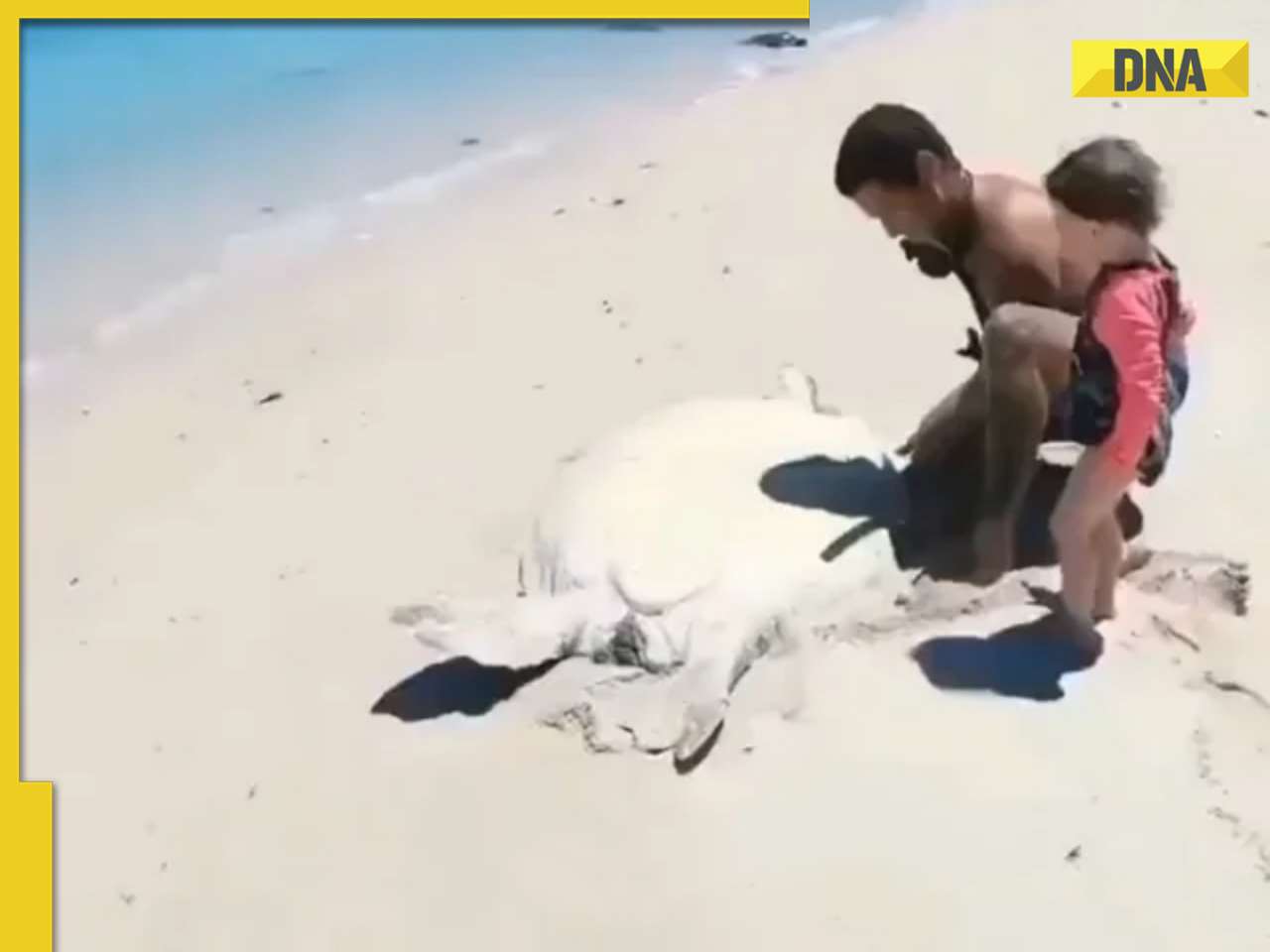

)
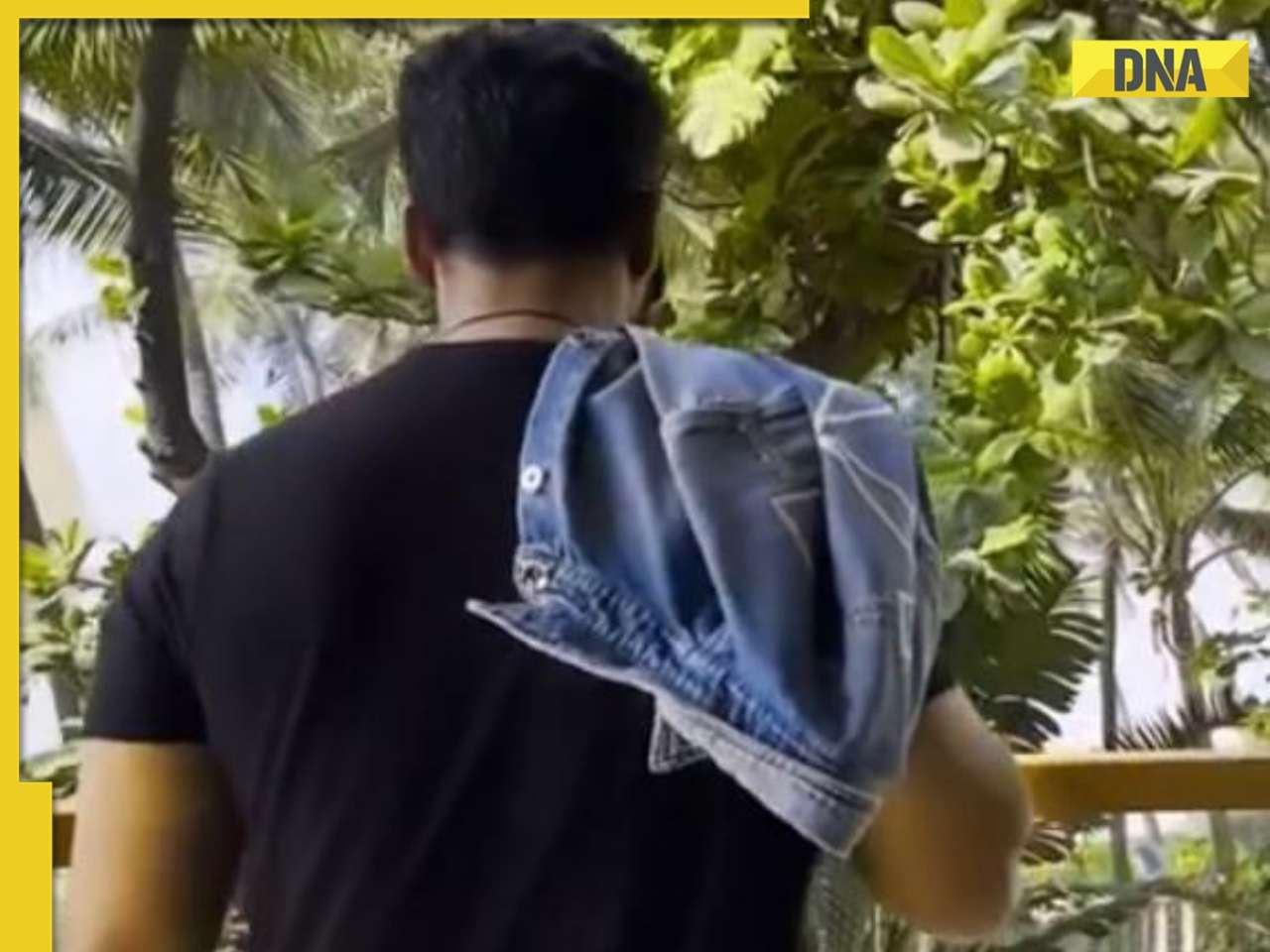
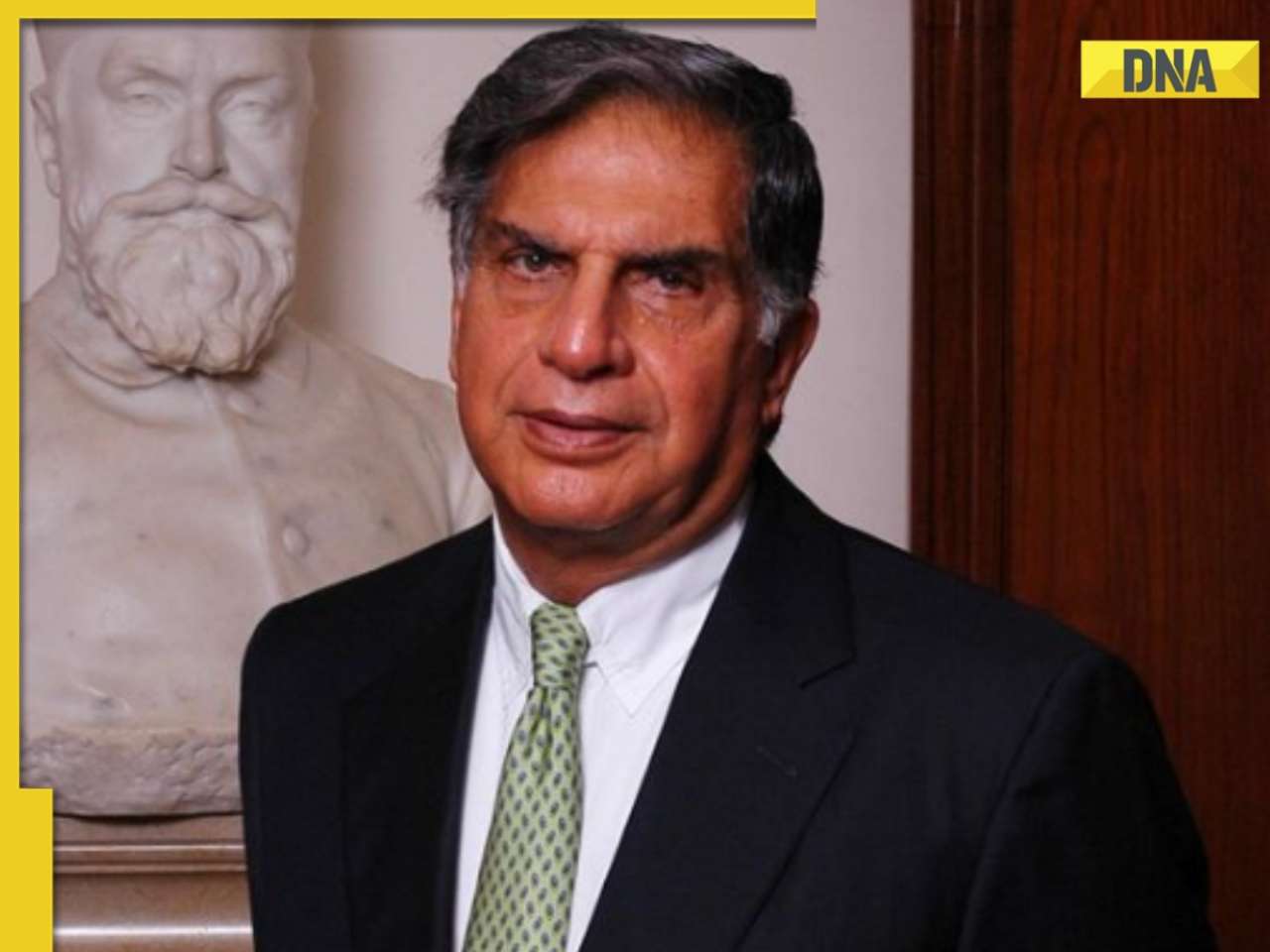


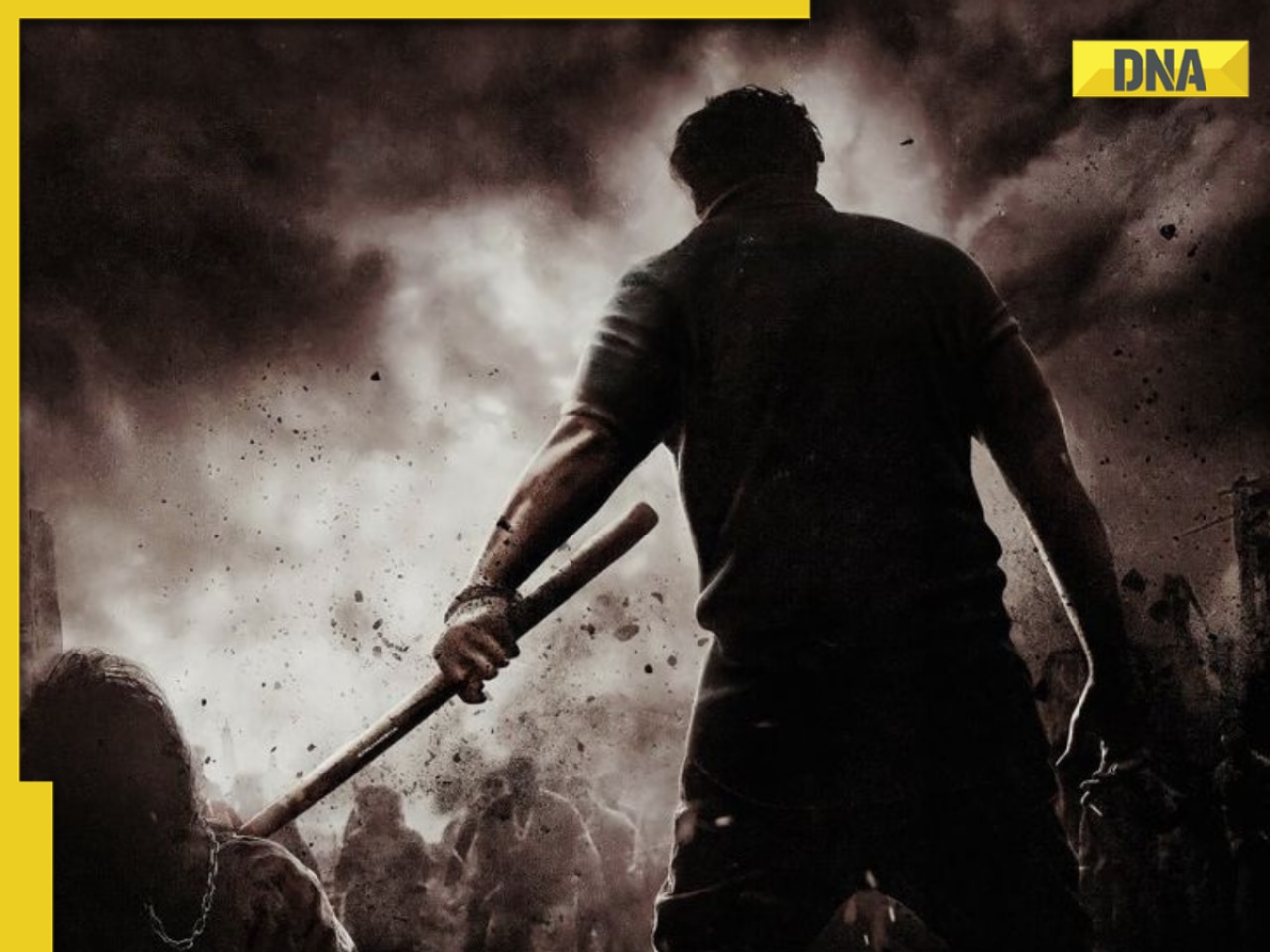
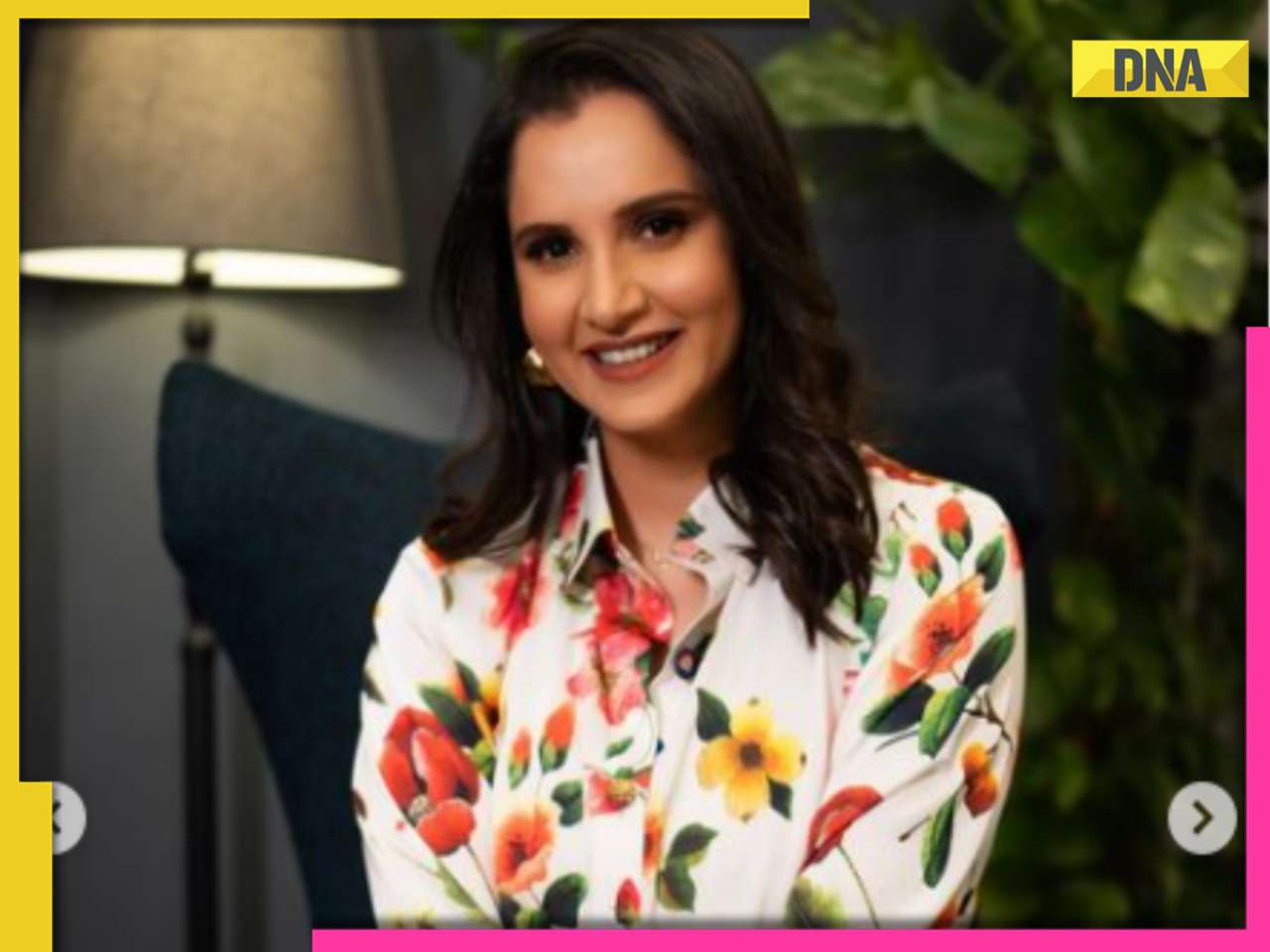
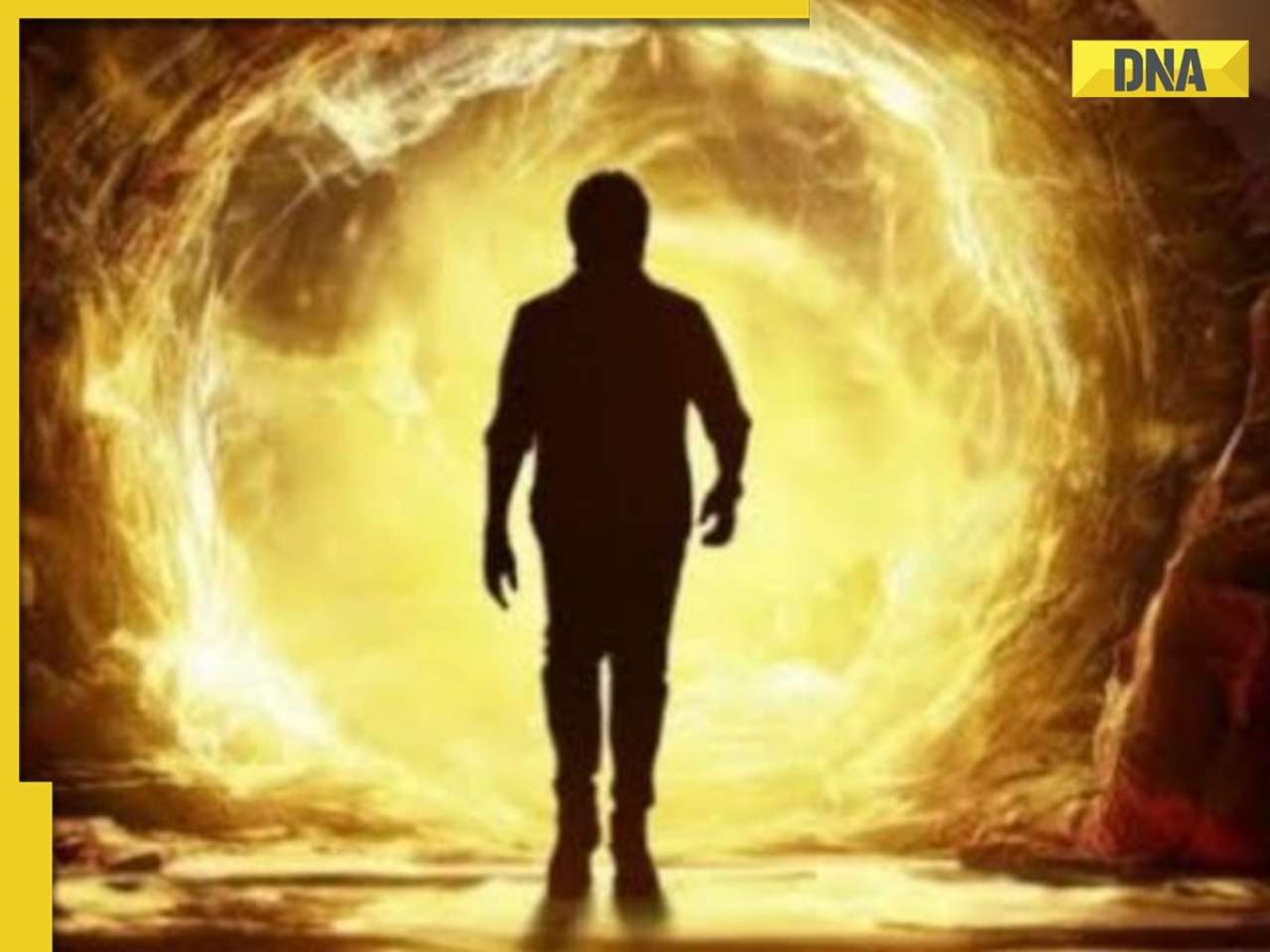
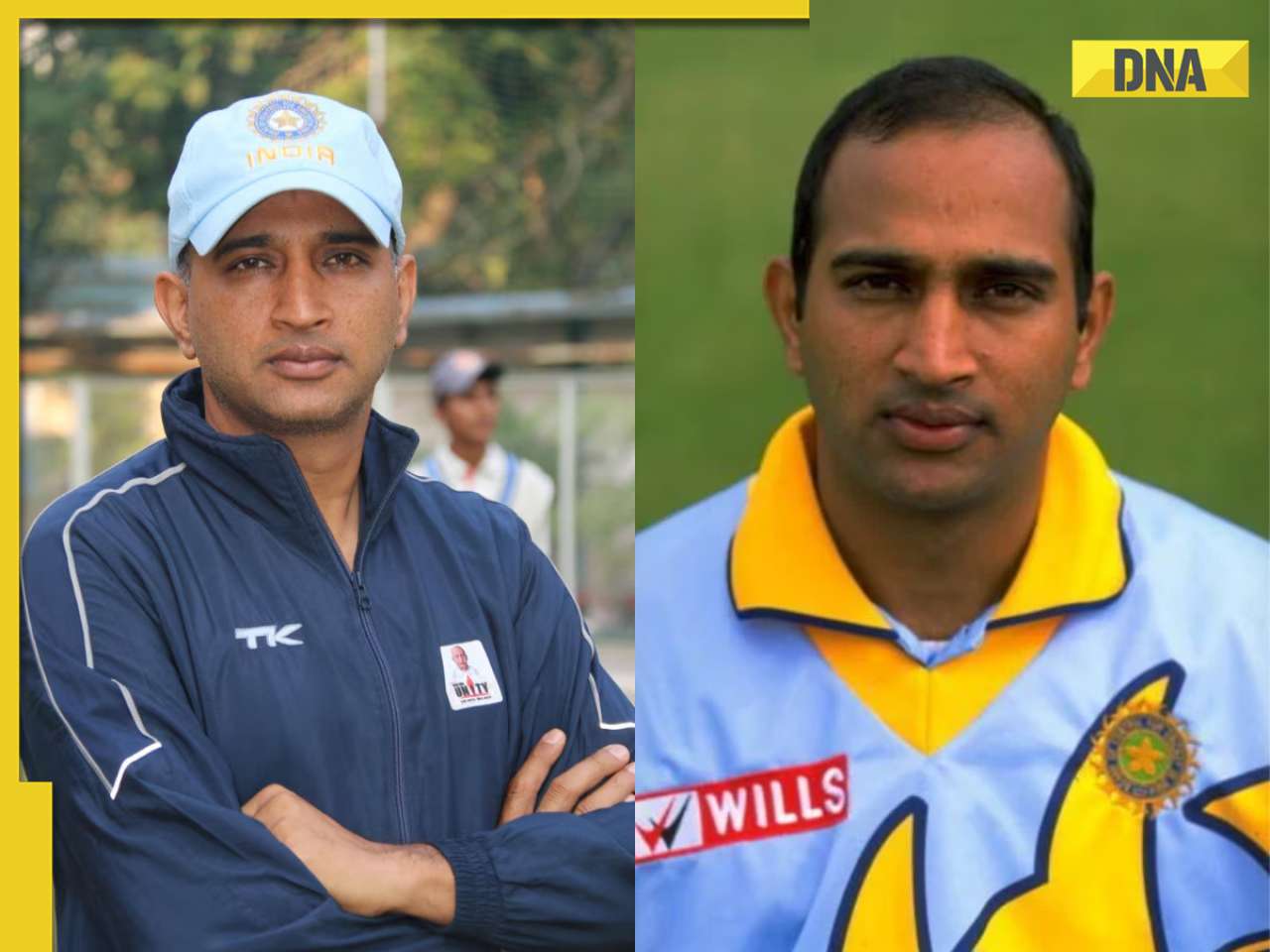
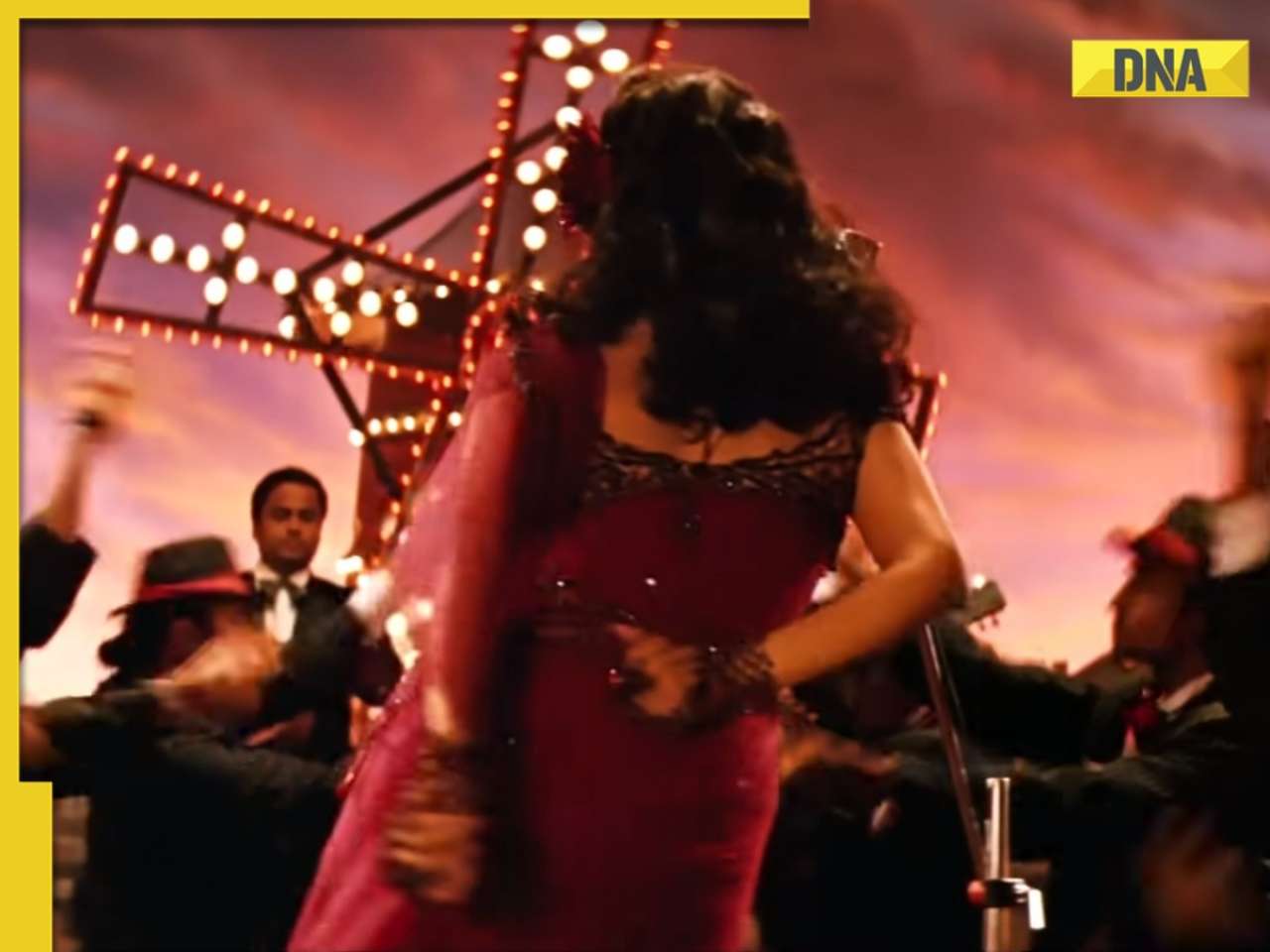
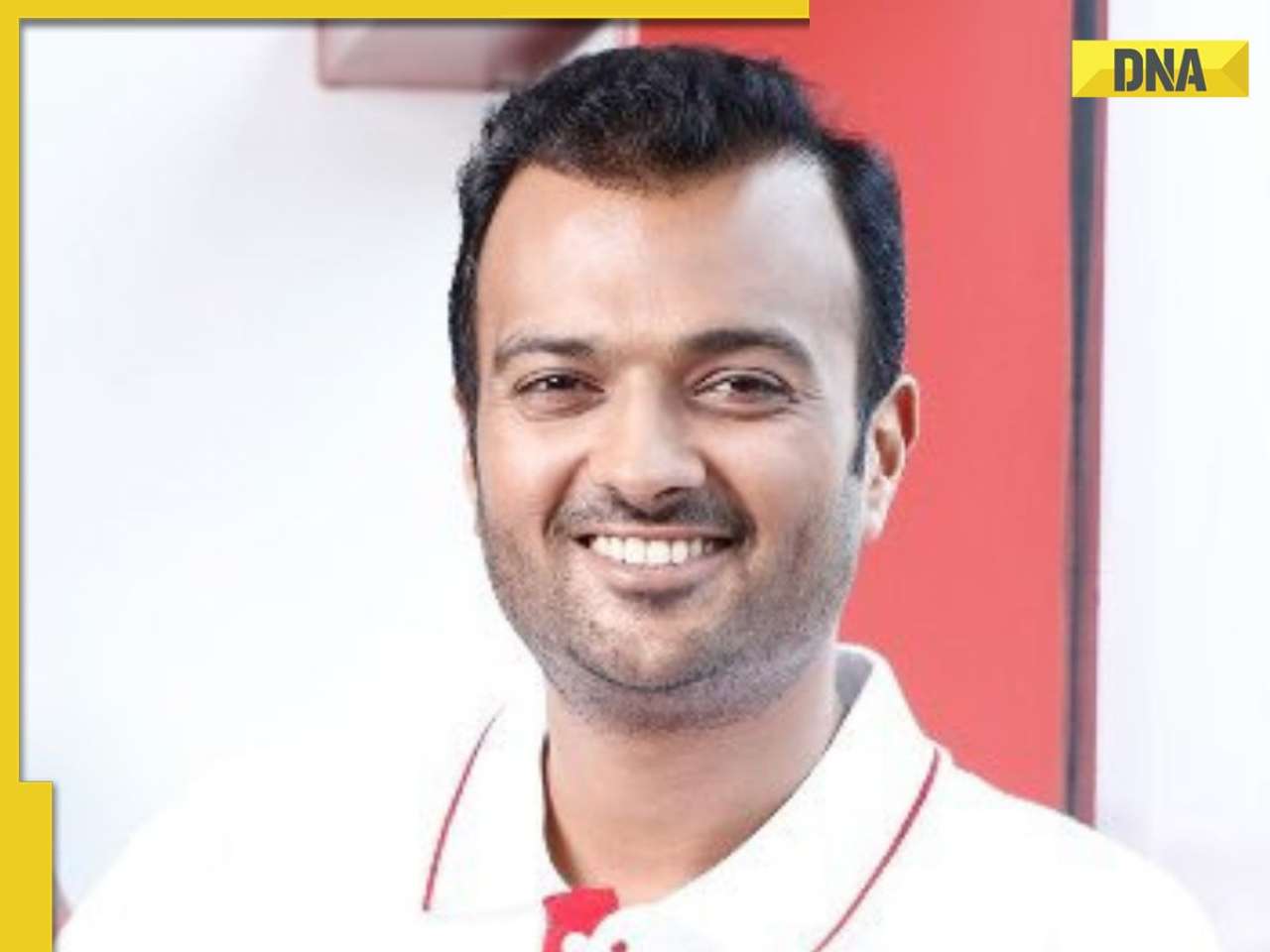
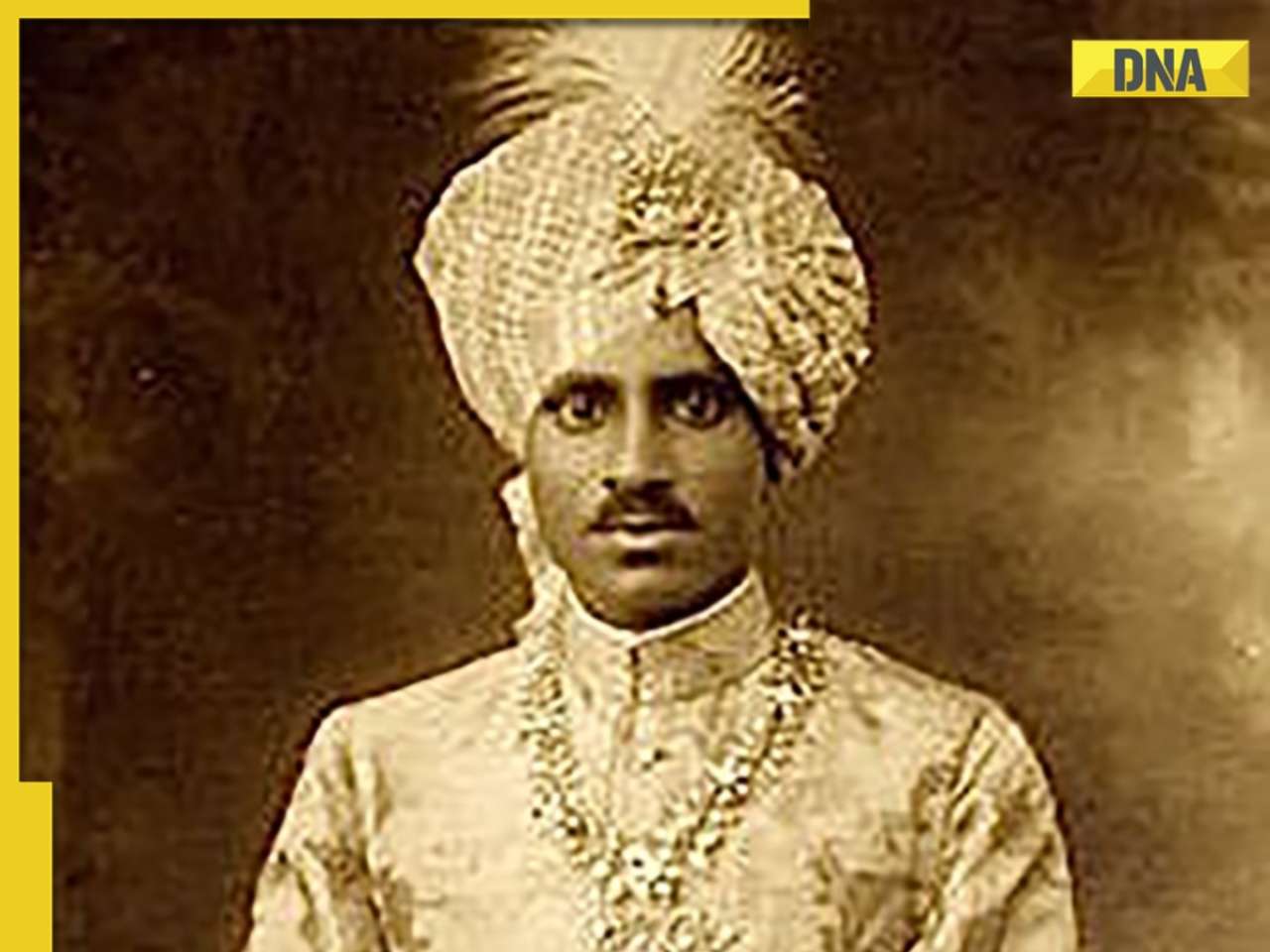
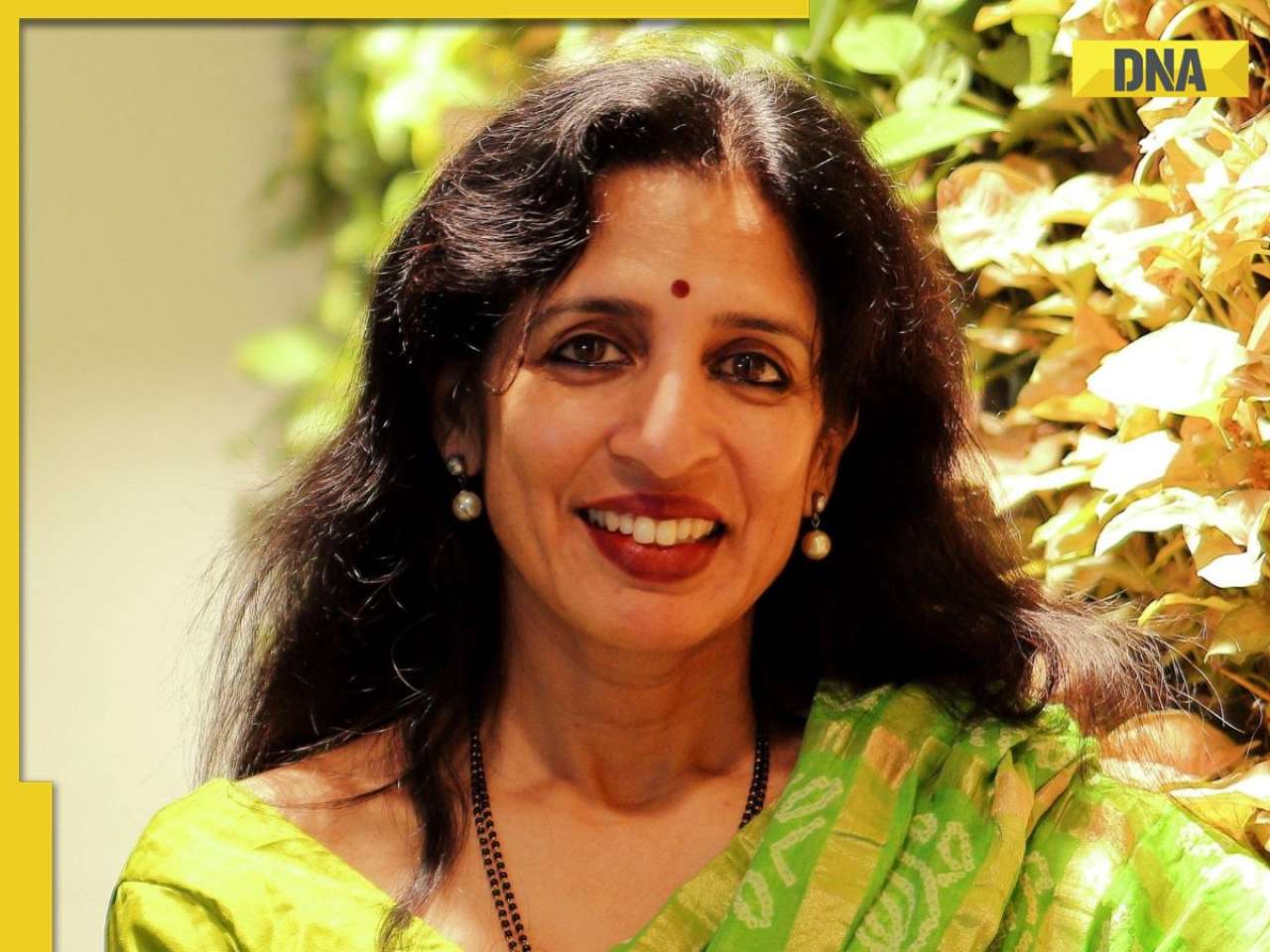




)
)
)
)
)
)